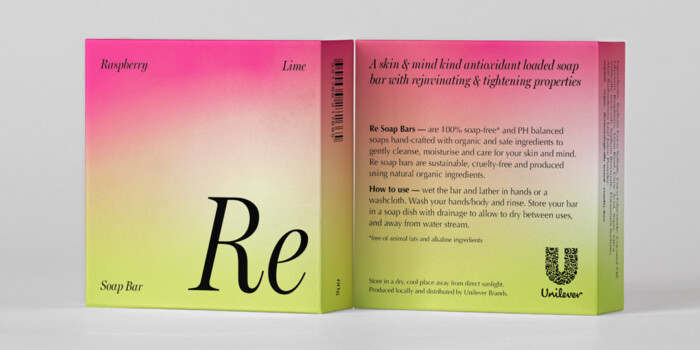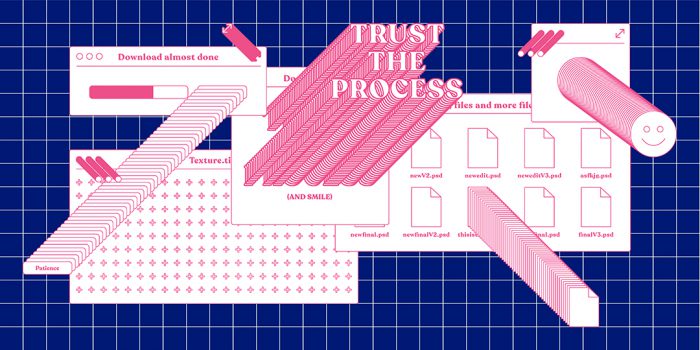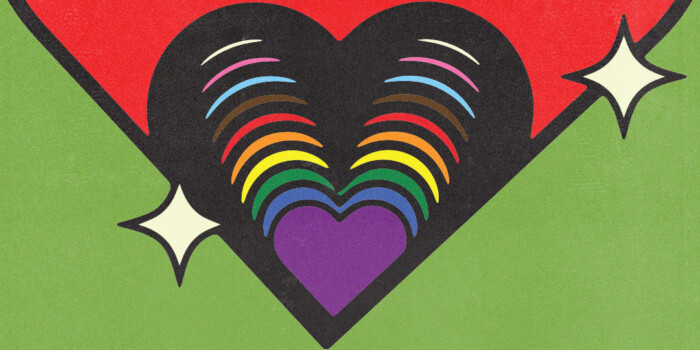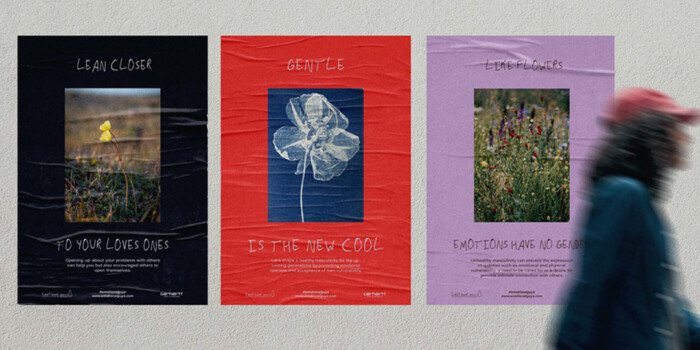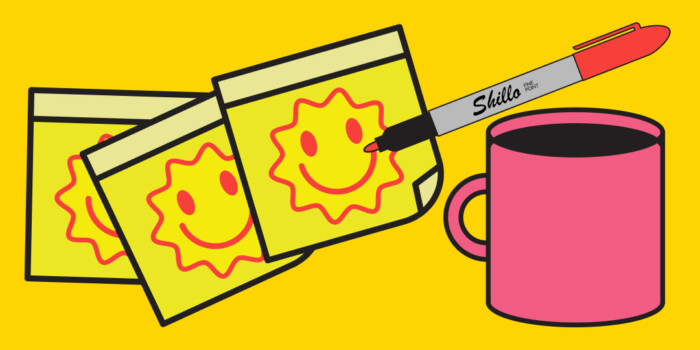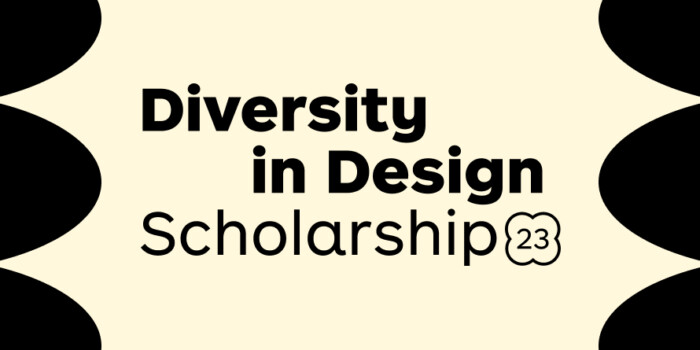The Best Graphic Design Books
The best graphic design books can take you on an exciting journey of the imagination, transport you to new creative worlds or teach you something you never knew. Whether you’ve just started studying graphic design or are a seasoned graphic designer, here are 45 essential graphic design books, curated by our Shillington teachers.
1. Extra Bold: A Feminist, Inclusive, Anti-Racist, Nonbinary Field Guide for Graphic Designers
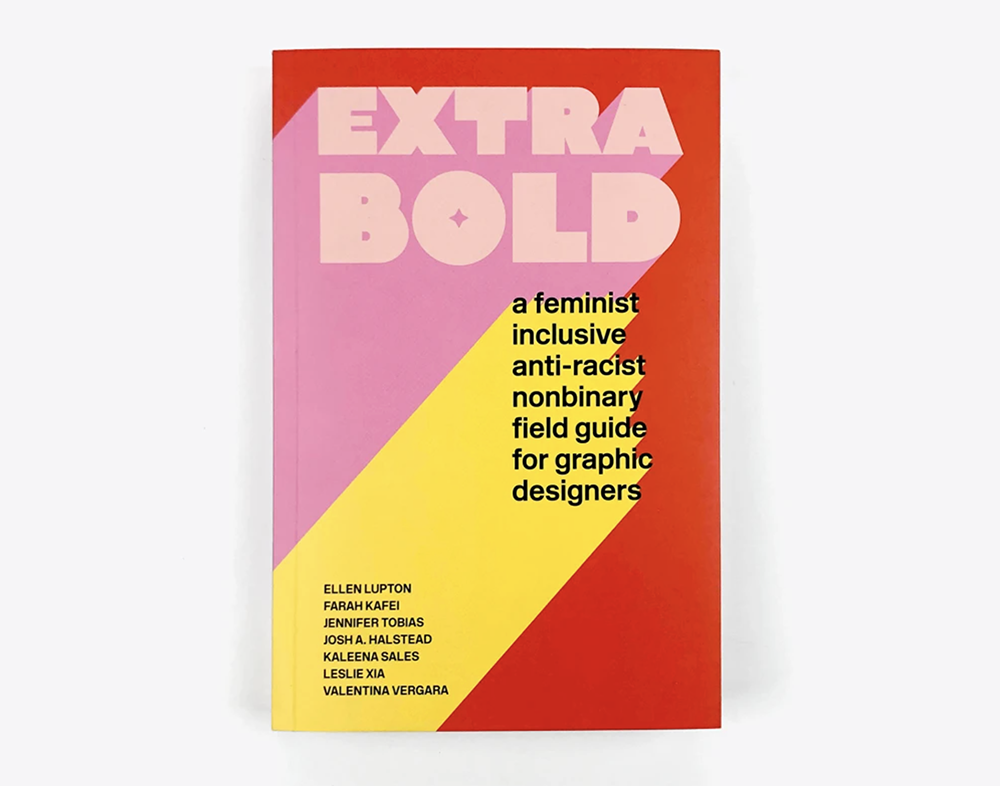
Potentially the most important book for graphic designers ever. Written by seven designers, Extra Bold is a design career guide for everyone, covering theory, history, work and interviews.
2. The Package Design Book
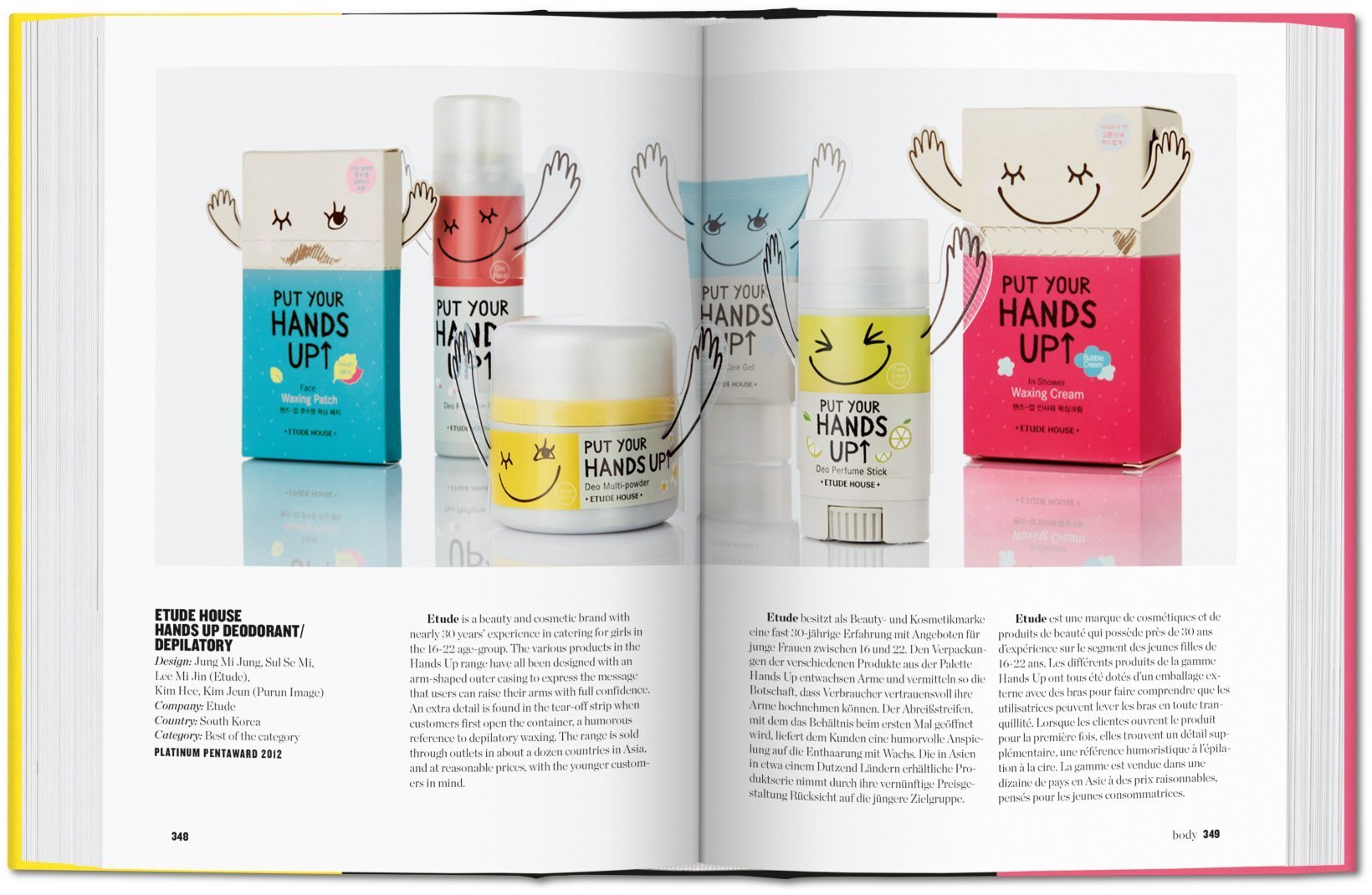
This is any packaging designer’s bible: over 650 pages of the finest packaging that the world has to offer across food and beverages, luxury and everywhere else.
3. Graphic Design School: The Principles and Practice of Graphic Design
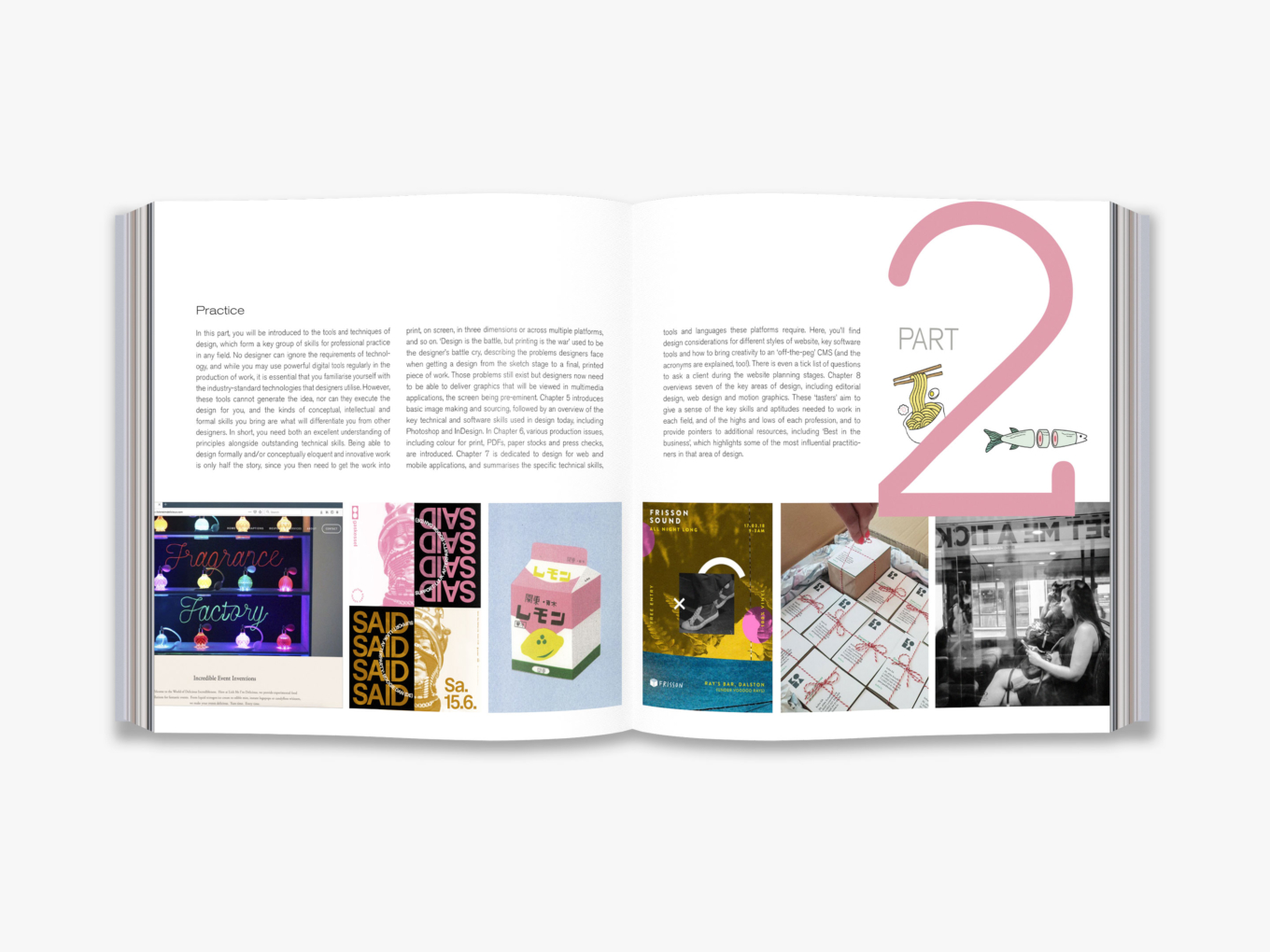
Graphic Design School introduces visual design for modern media and breaks it down in a way that’s easy to follow for students. It explains the fundamentals of design in theory and then offers practical, modern examples.
4. Mismatch: How Inclusion Shapes Design
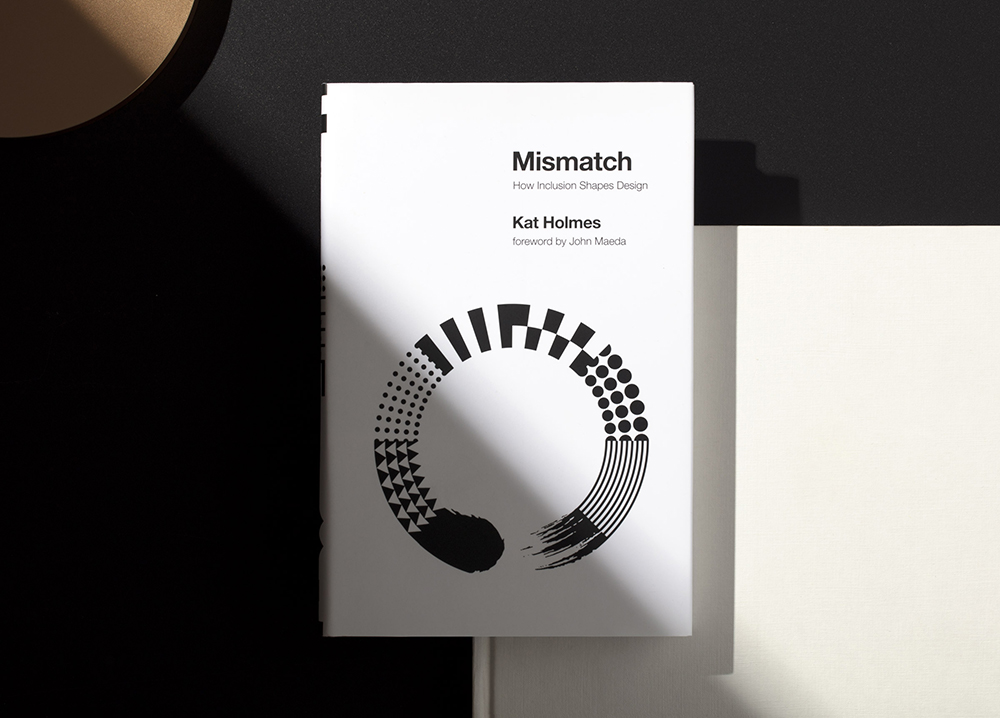
Mismatch investigates how inclusive methods can build elegant solutions that work for everyone. Kat Holmes demonstrates how certain design practices can create exclusion, whilst advocating how design can foster inclusion.
5. Logo Modernism (Design)
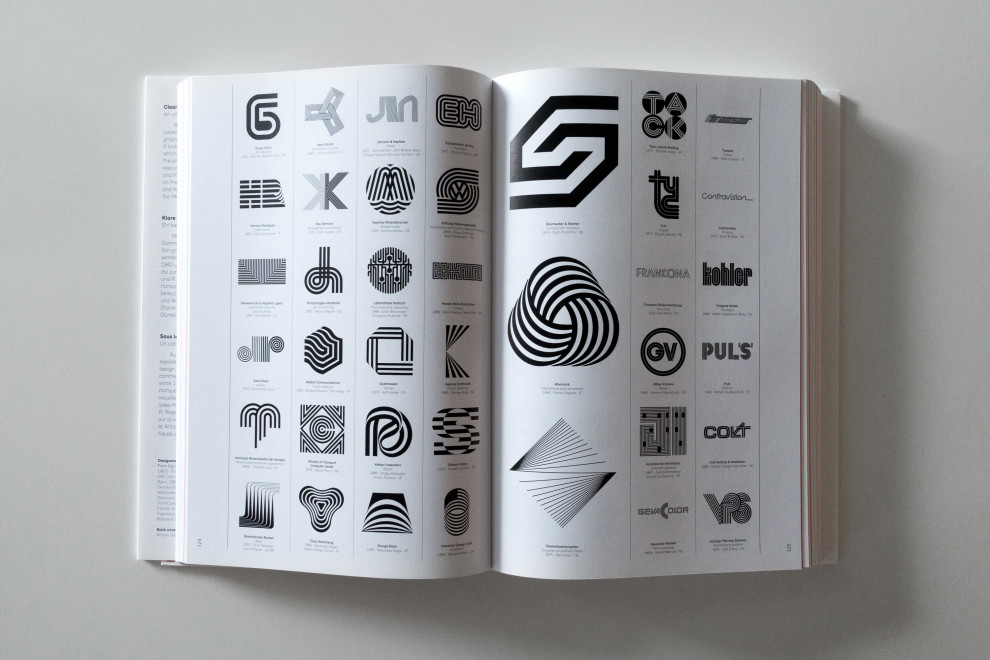
Jens Müller brings together approximately 6,000 modernist trademarks, from 1940–1980, to examine how modernist attitudes and imperatives gave birth to corporate identity.
6. Typographic Systems of Design
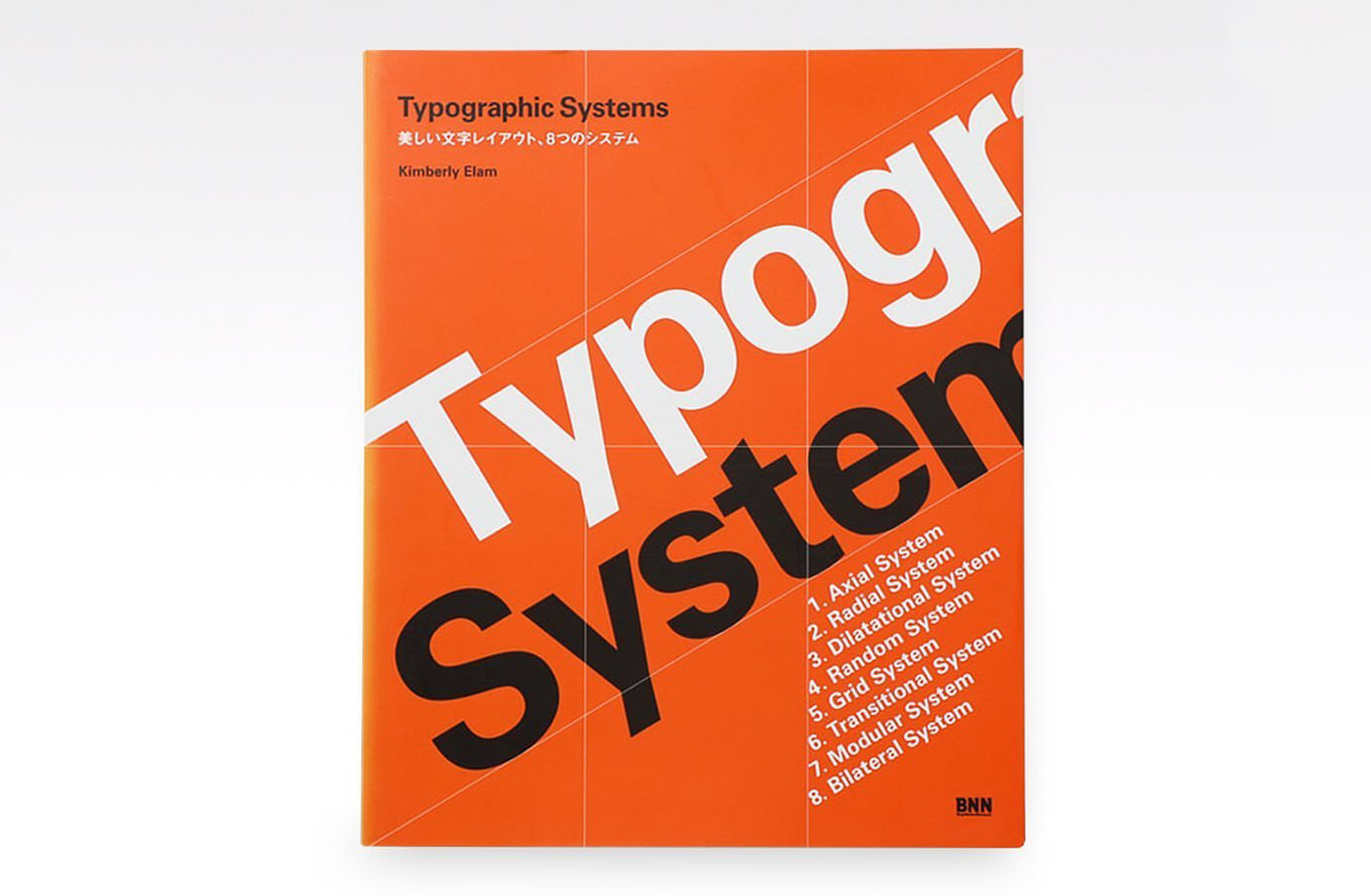
Typography is a complex beast, tasking designers to balance many competing factors. In this book, Kim Elam explores eight major structural frameworks beyond the grid.
7. How to…
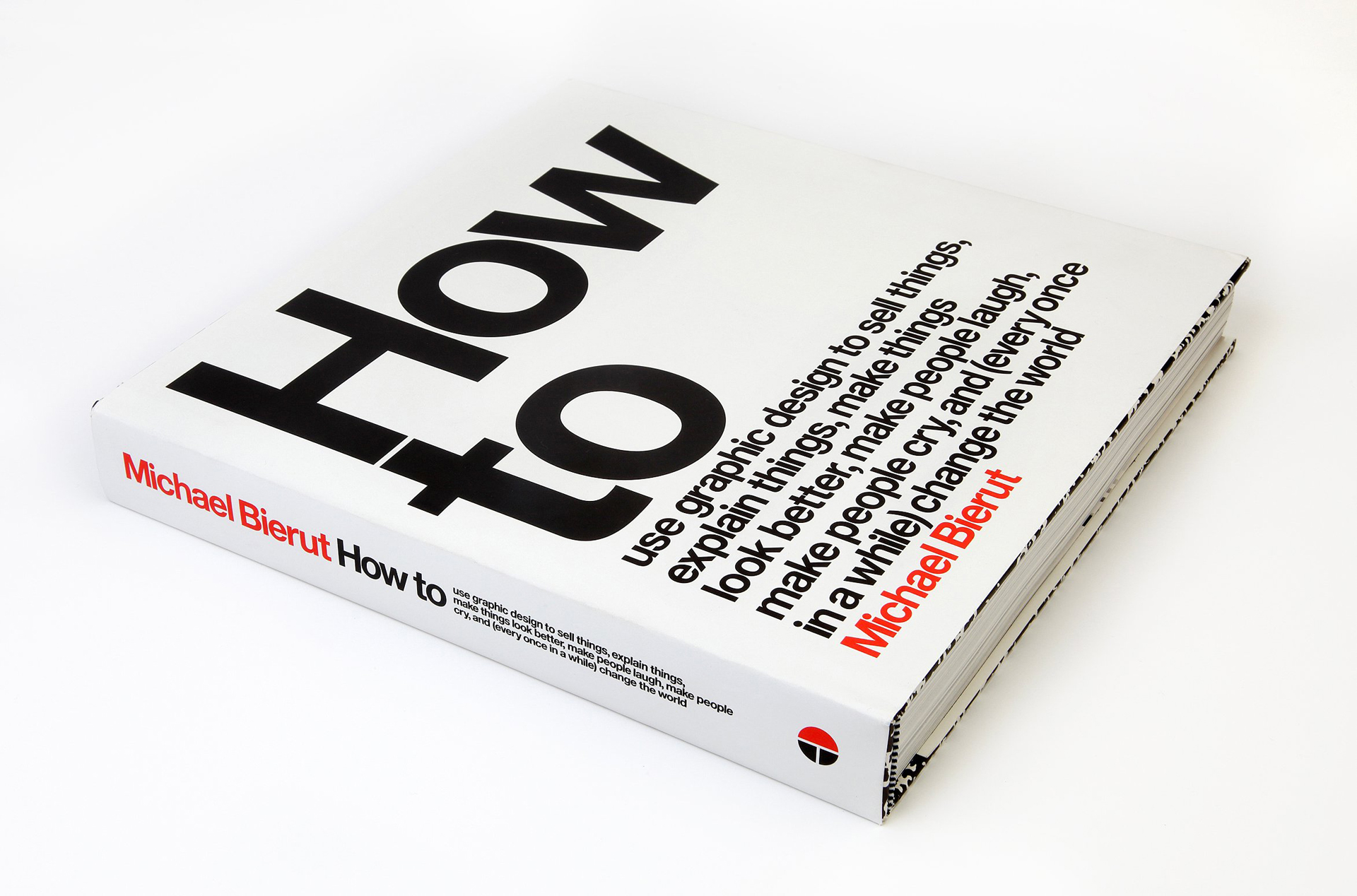
In this must-read graphic design book, Pentagram partner Michael Bierut presents 35 projects that illustrate what graphic design encompasses today, his goal being to demonstrate not a single ideology, but the eclectic approach that marks his career.
8. The History of Graphic Design Vol 1 & 2
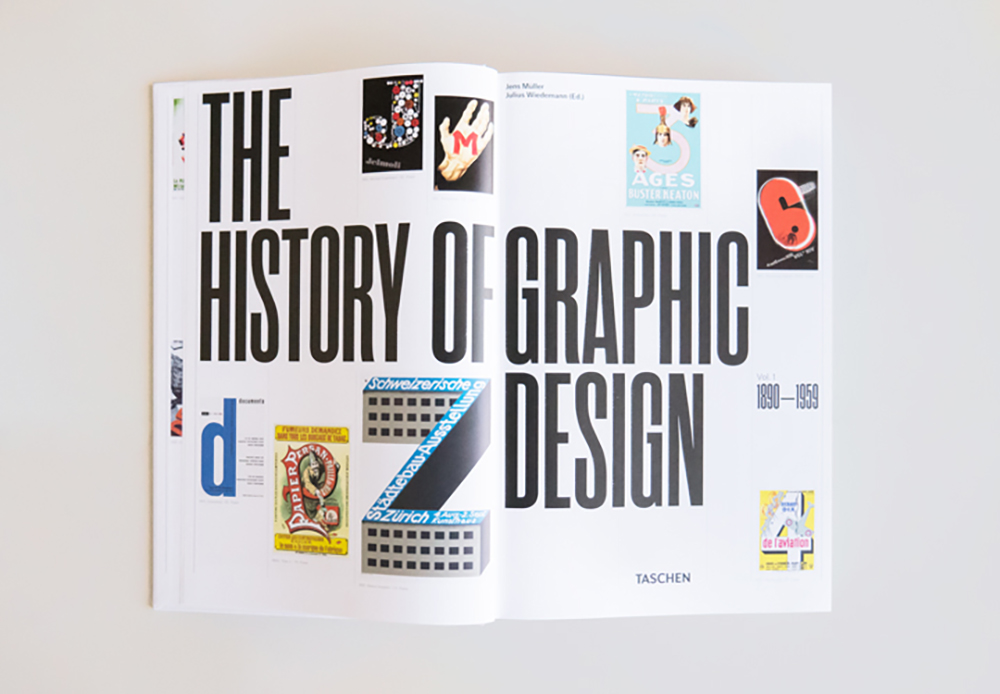
Jens Müller’s History of Graphic Design covers 1890 to today—131 years of the finest graphic design. Year-by-year spreads are combined with in-depth features on landmark projects, profiles of industry leaders and visual timelines of each decade.
Buy the books: Vol.1 and Vol. 2
9. 100 Ideas That Changed Graphic Design
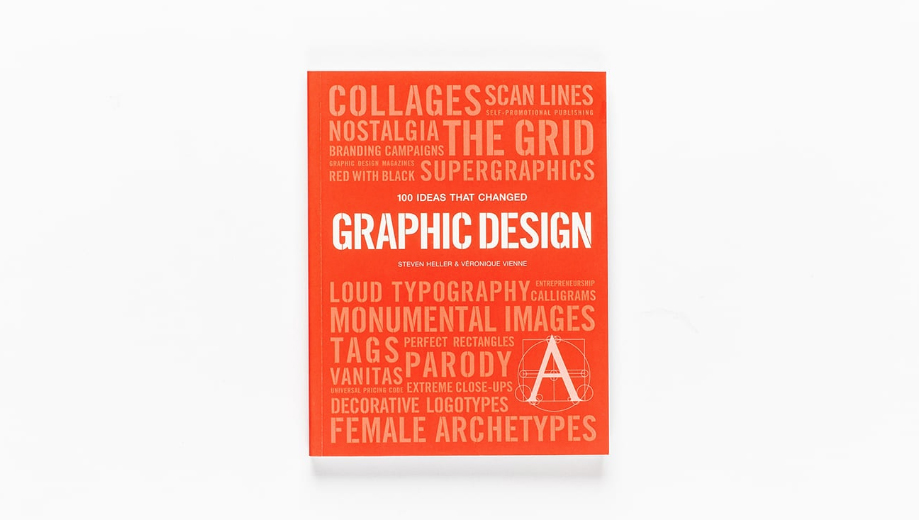
This fascinating graphic design book chronicles the most influential ideas that have shaped industrial and product design—from the craft movements of the 19th/early 20th centuries and the changes brought about by mass production.
10. Big Type
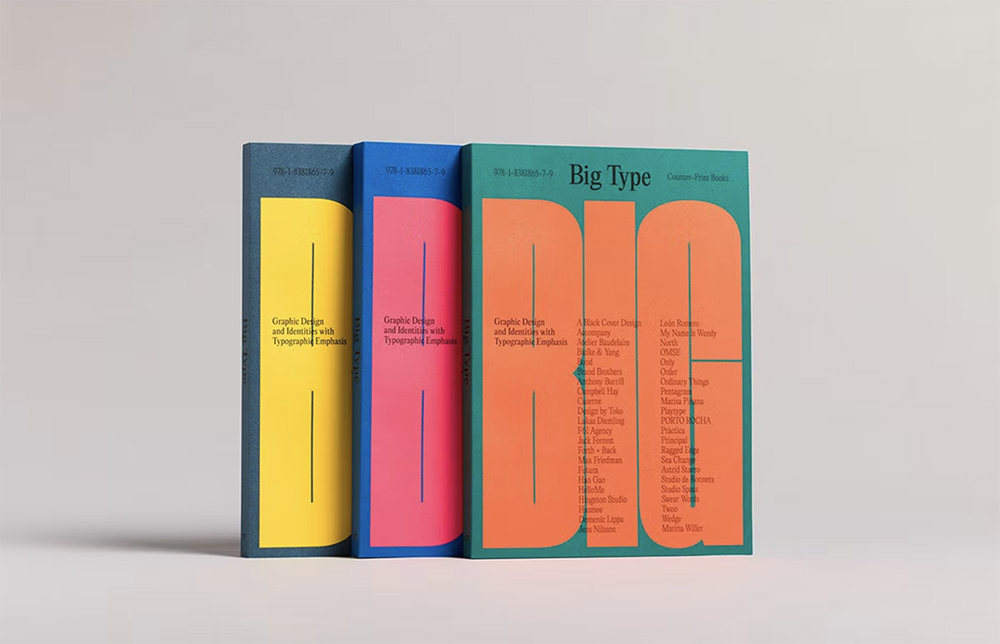
Big Type is a celebration of typography-led design and identity work. Featuring interviews with top agencies such as PORTO ROCHA and detailed descriptions of many of the projects, Big Type is a go-to for type inspiration.
11. Design is Storytelling
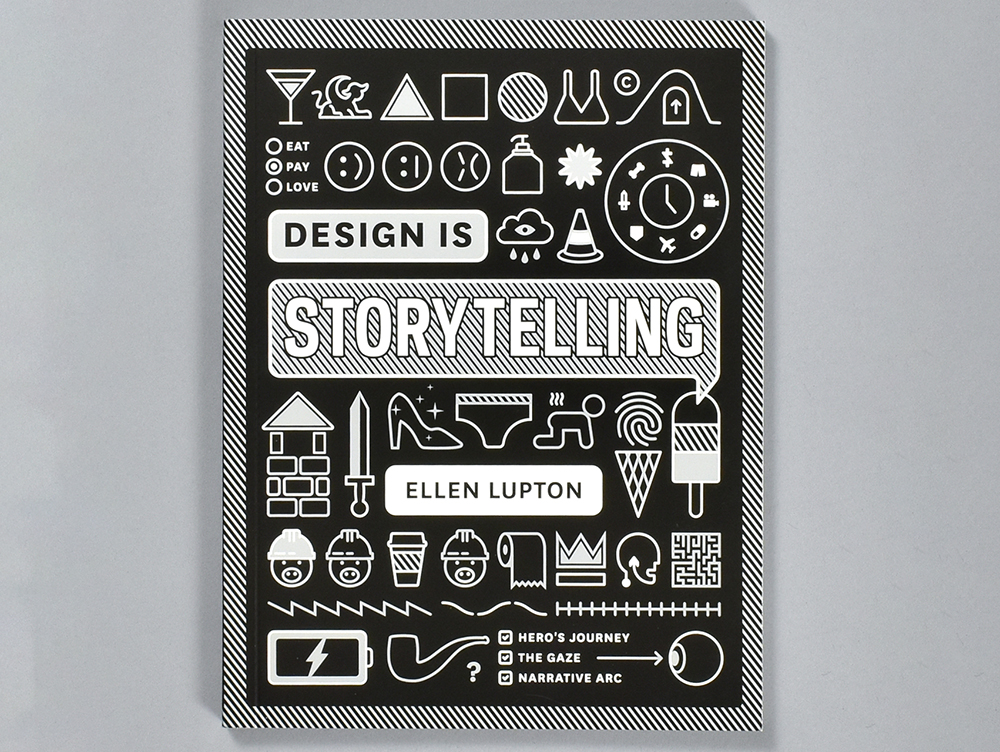
Ellen Lupton’s book links design and storytelling and shows how, through both, you can bring ideas to life. Set out from a narrative point of view, it guides designers on how to harness their work’s narrative power and how to use design to stir emotions, build empathy, articulate values and convey action.
12. How Design Makes Us Think
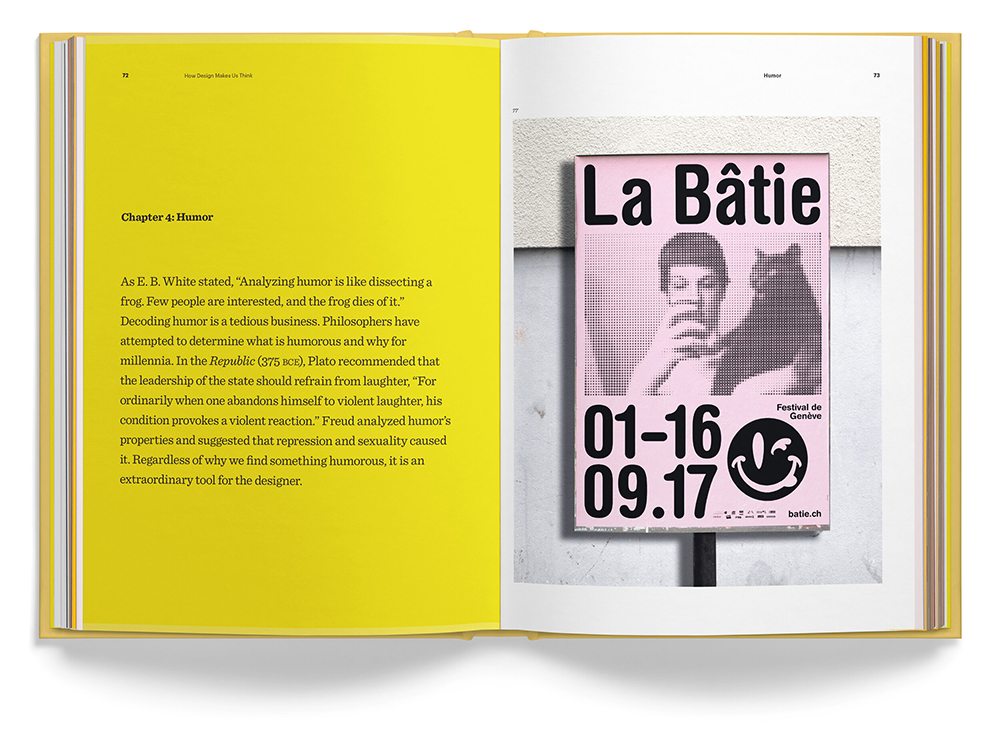
This graphic design book delves in further than just the aesthetics of design. Adams picks apart how design can convince us of a certain way of thinking, both overtly and covertly. He illustrates how design can inspire, provoke, amuse, anger or reassure us and the reasons why.
13. Stitt: Autobiographics
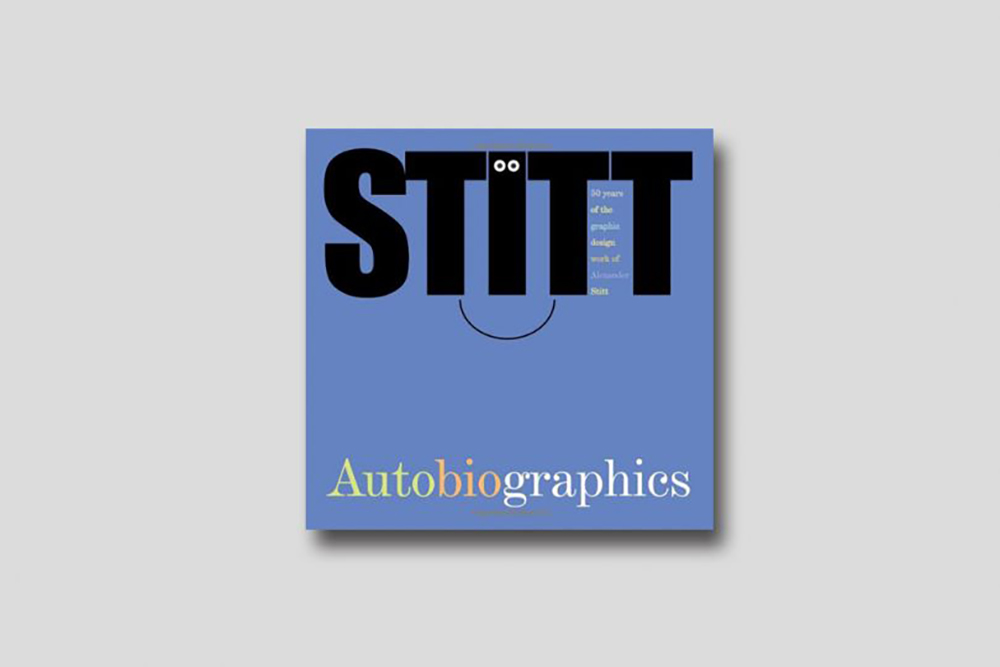
Stitt Autobiographics is a record of the 50-year professional life of Alex Stitt, who has been behind much of Australia’s culture since the 1950s. This book covers everything, including 1,800 illustrations, comic strips, storyboards and film titles.
14. Upstart!
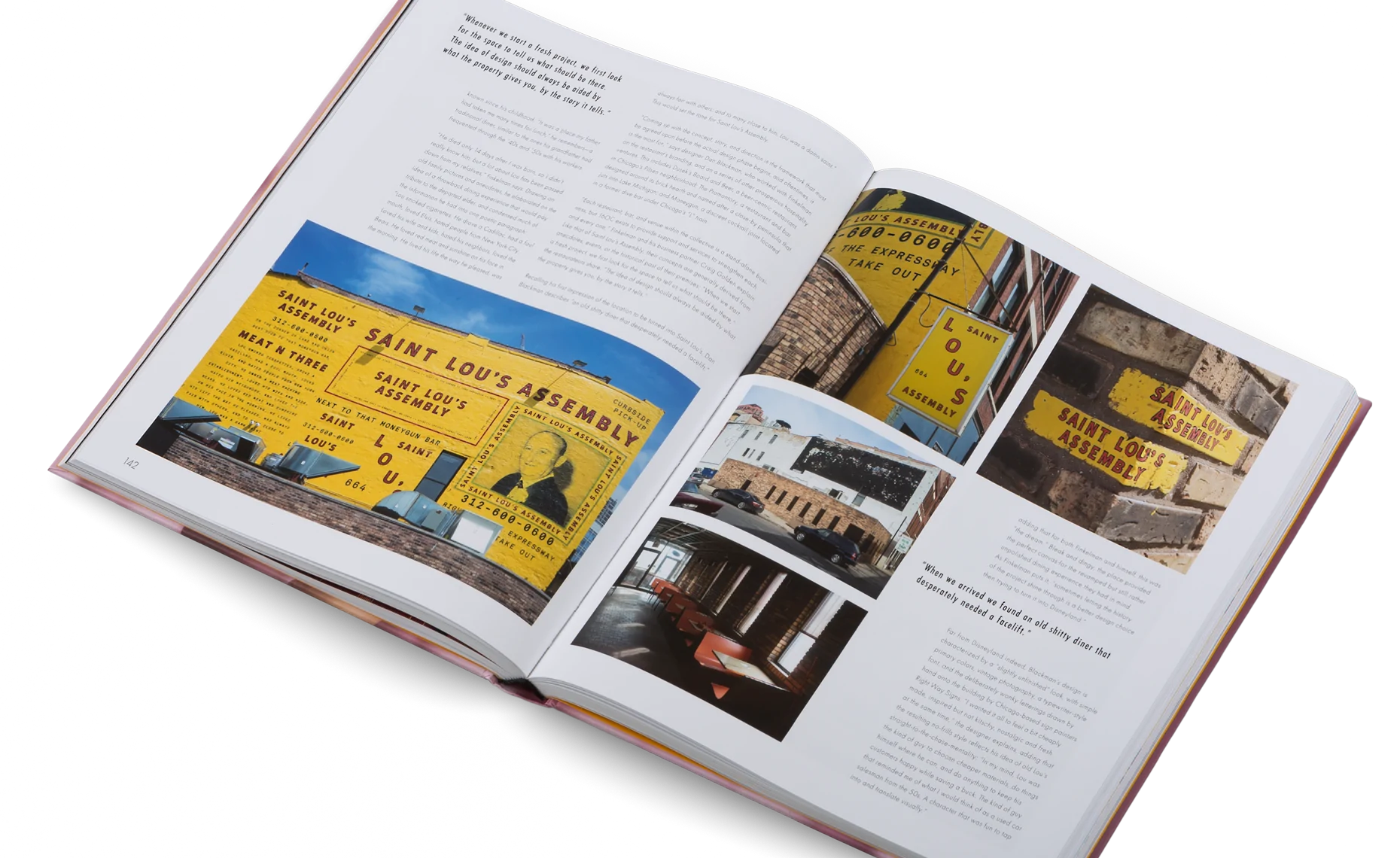
Upstart! is a guide to visual identities for start-ups and new businesses. Perfect for both designers and entrepreneurs, Upstart! takes a dive into branding work from across the world, with detailed descriptions and photos.
15. Why Fonts Matter
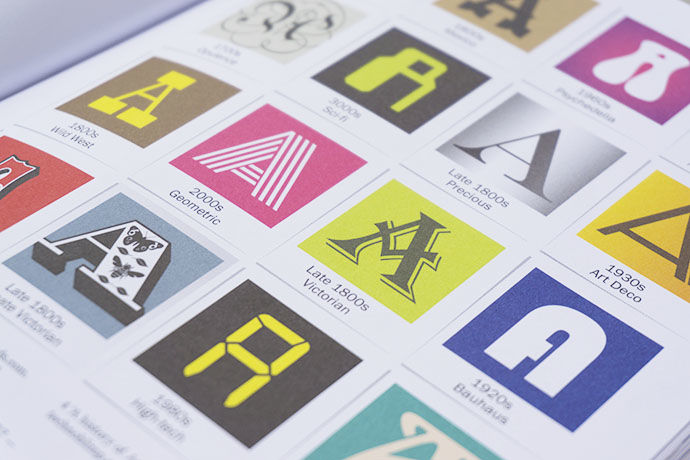
Fonts can create trust, mistrust, give you confidence, make things seem easier or even taste better. This book by Sarah Hyndman opens up the science and art behind how fonts influence you and why they can evoke particular associations.
16. Type: New Perspectives in Typography
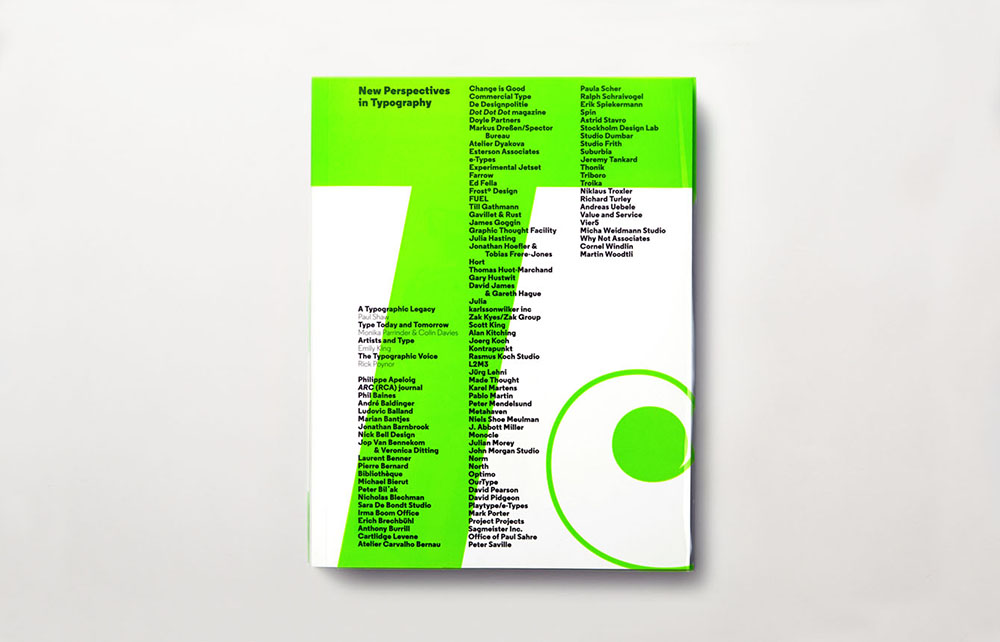
This selection of typographic design, edited by leading typographers A2/SW/HK, showcases more than 100 carefully selected contemporary designers, including the best examples of their current work, and also features an introduction by Rick Poynor.
17. What Images Really Tell Us
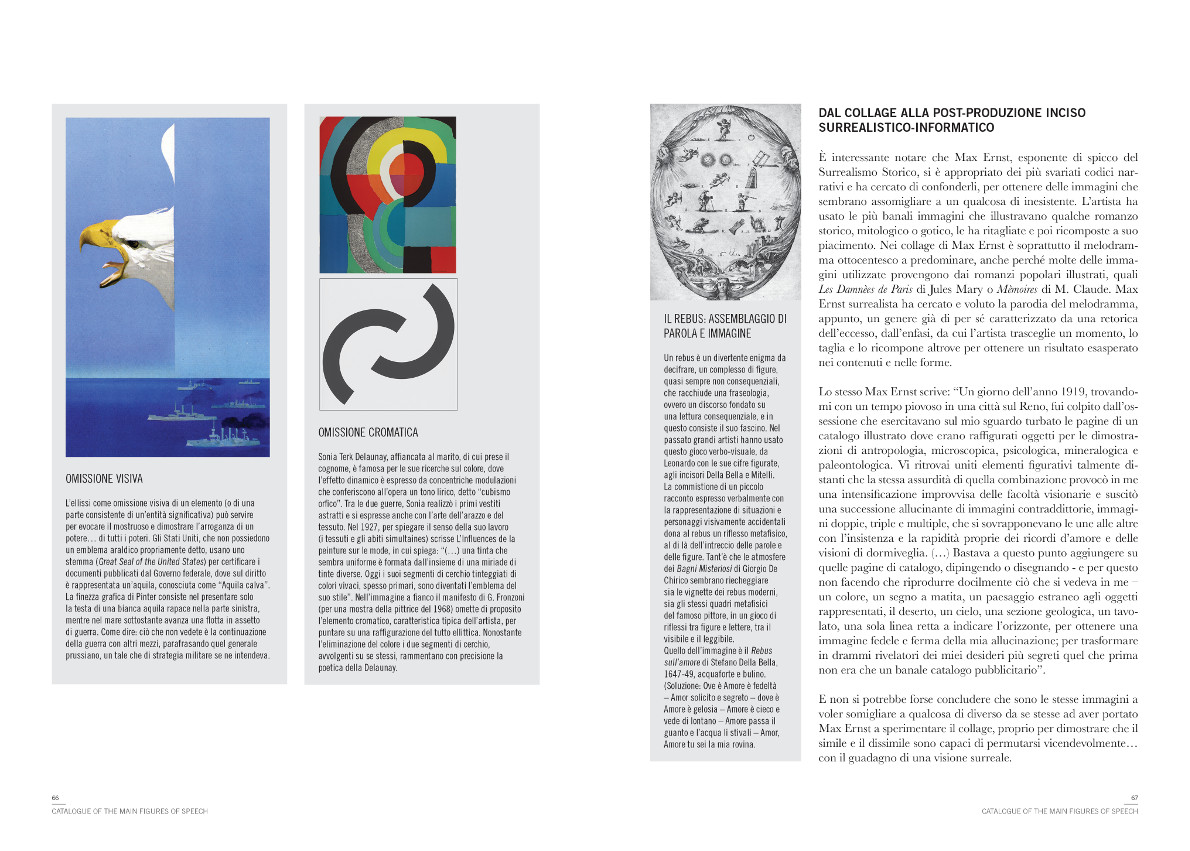
How do images hold and convey meaning? This graphic design book by Massimo Mariani examines the metaphors, metonymies, hyperboles and other concepts that inform our visual language and the power of its meaning.
18. Branding In Five and a Half Steps
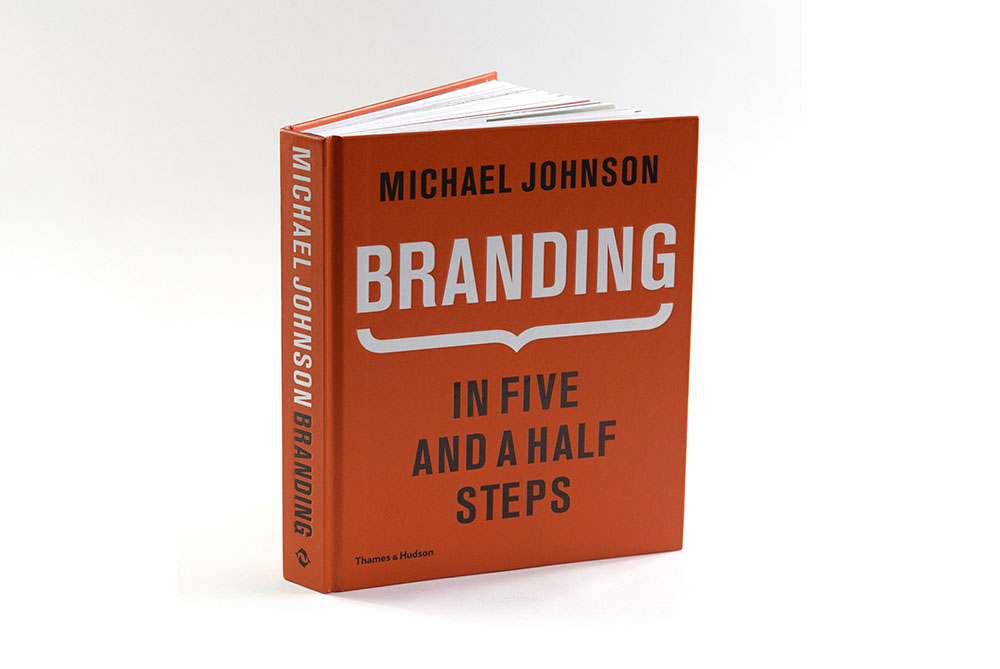
In this book, iconic brand designer Michael Johnson strips down brands to their basic components to show why we choose brands. Through case studies and over 1000 illustrations, Johnson shows how to create compelling brands in five and a half easy steps.
19. Look Both Ways
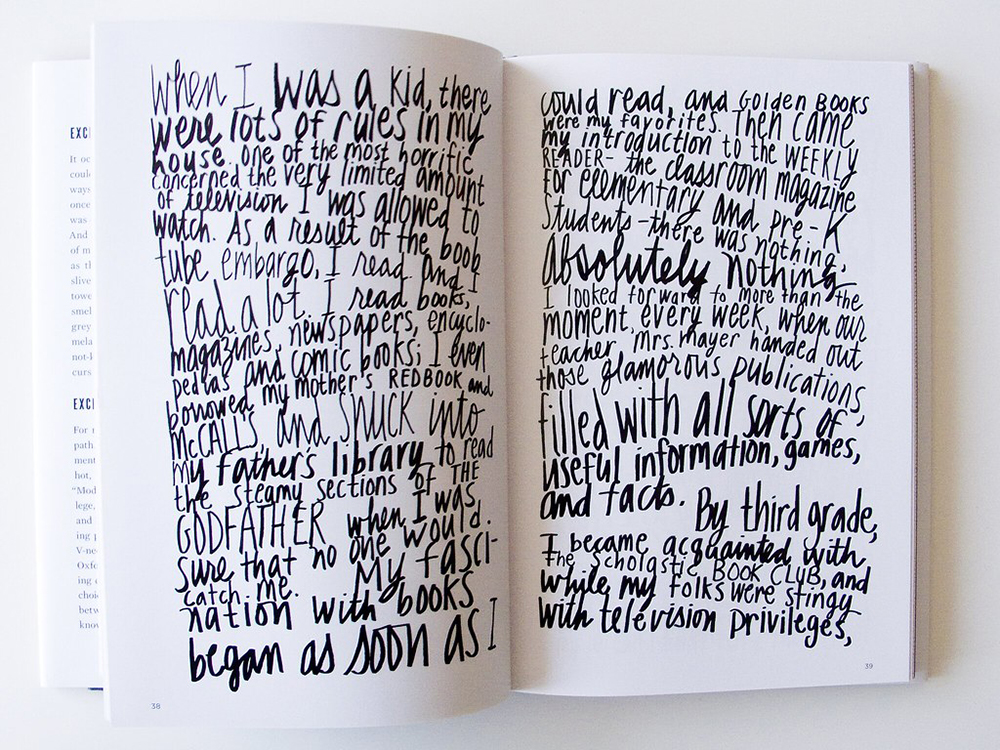
Born out of Debbie Millman’s podcast Design Matters and her 25 year career, Look Both Ways is a series of illustrated essays on the intersection of everyday life and design, it covers life, art, love, design, brands, poetry, shame and physics.
20. Paula Scher: Works
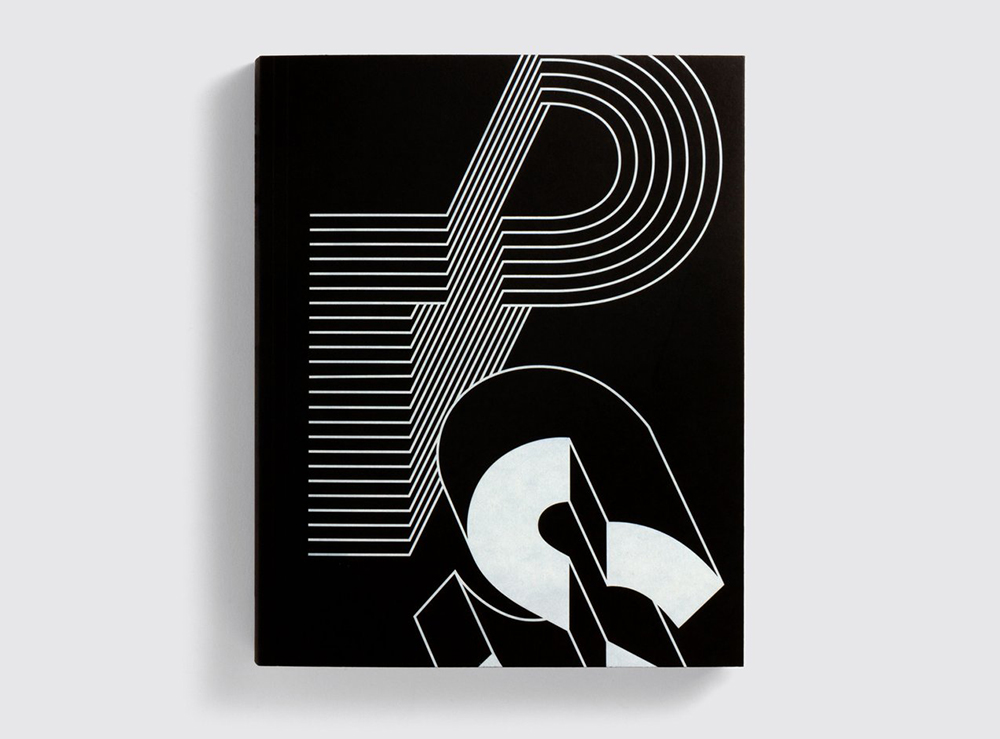
This monograph covers iconic graphic designer Paula Scher’s early days in the music industry as an art director with CBS and Atlantic records; the launch of her first studio, Koppel & Scher; and her 25-year engagement with Pentagram.
21. Can Graphic Design Save Your Life?
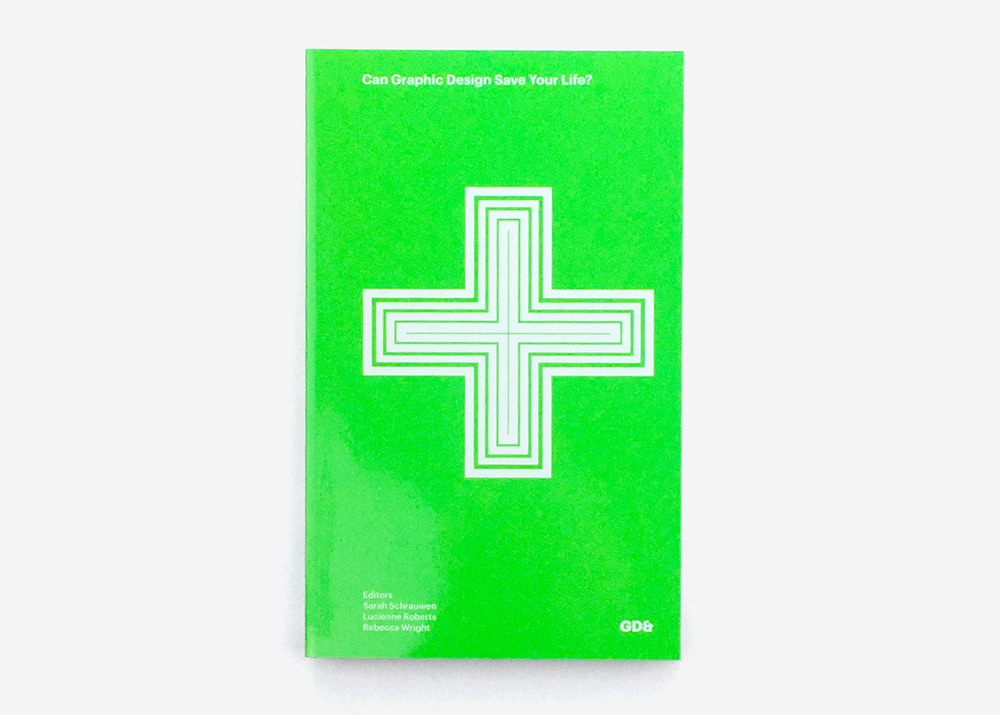
Lucienne Roberts’ ambitious graphic design book examines the relationship between graphic design and health, focusing on work that demonstrates how communication strategies and visual languages are employed to persuade, inform, prevent and protect.
22. CAPS LOCK: How Capitalism Took Hold of Graphic Design, and How to Escape From It
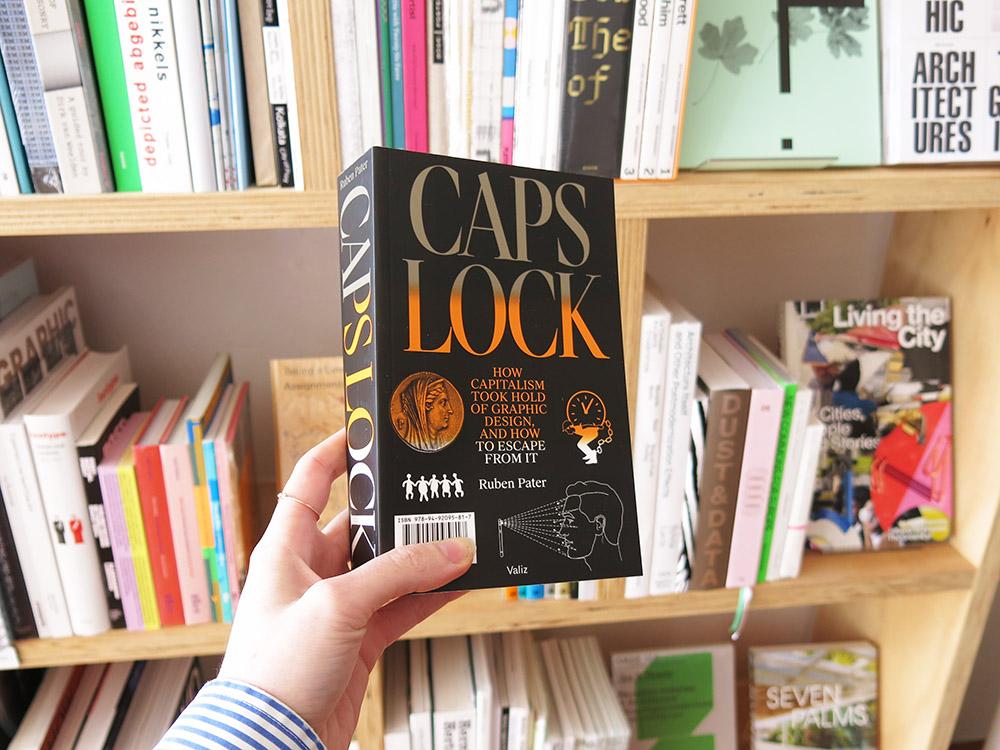
CAPS LOCK unpicks how graphic design and capitalism are inextricably linked. Through case studies, it shows how designed objects relate to capitalism and explores radical design initiatives which oppose capitalise thought.
23. Grid Systems in Graphic Design
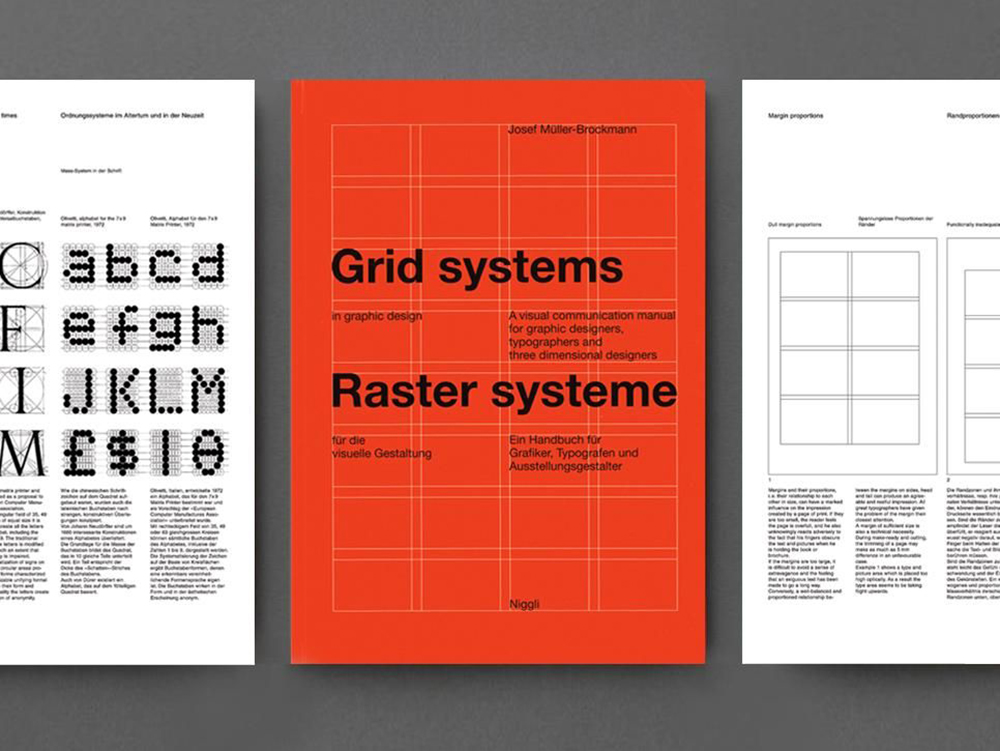
Josef Müller-Brockmann’s classic book is a guide to graphic design and layout technique. This graphic design book addresses all of the major problems that can be encountered in the design of grid-based systems and offers precise directions in how to overcome them.
24. Women Design
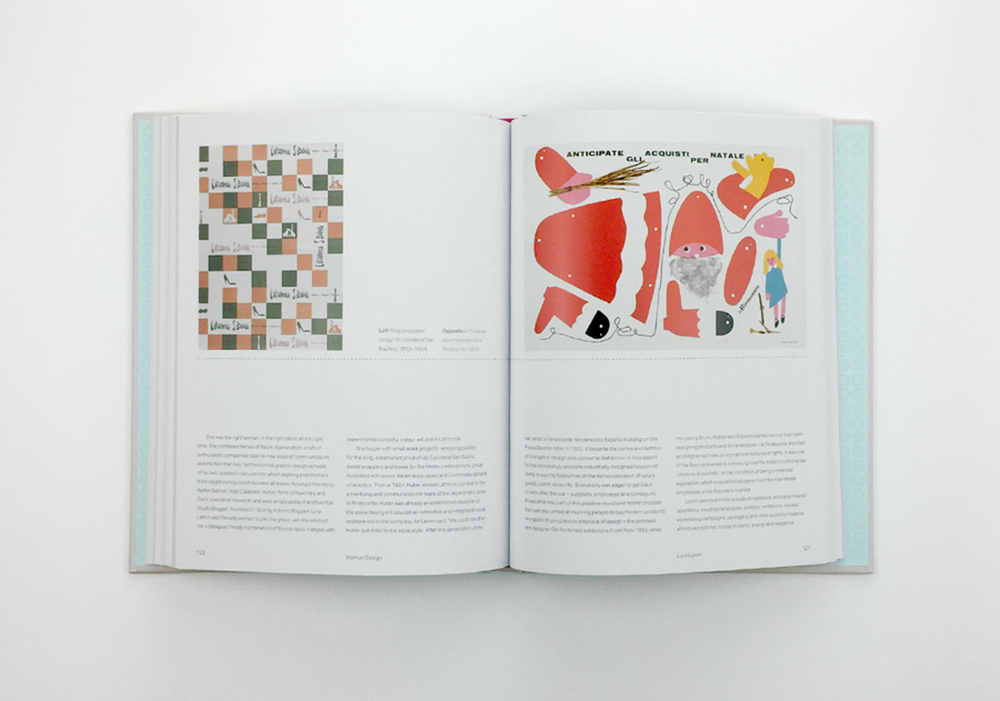
From architects and product designers to textile artists and digital innovators, Women Design profiles a selection of the most dynamic female designers from the modern era, showcasing their finest work and celebrating their enduring influence.
25. Analog Algorithm
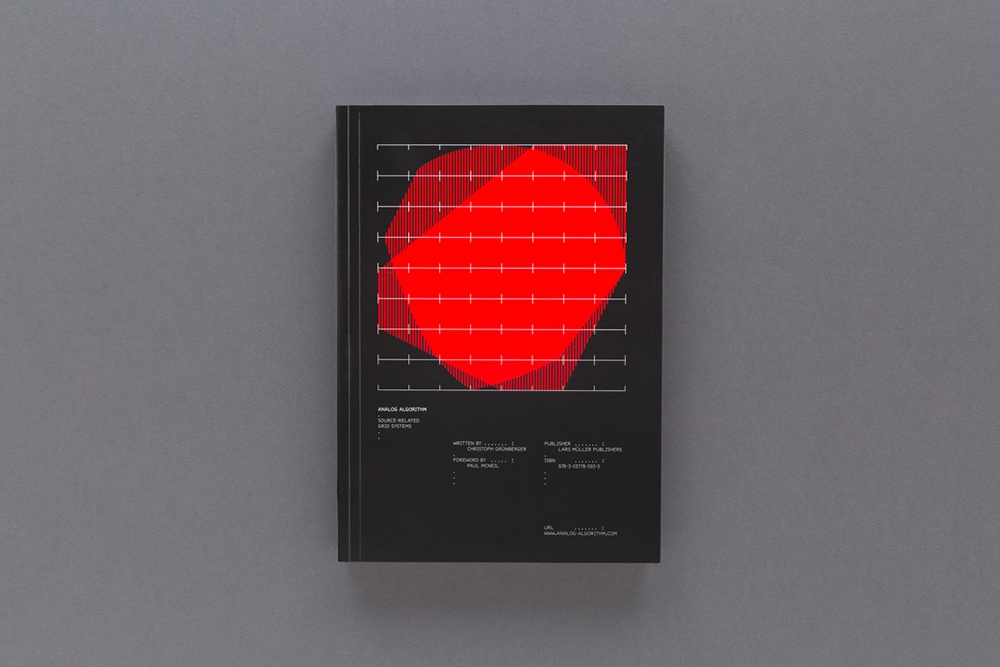
Analog Algorithm offers the reader techniques to develop new forms, fonts, logos and patterns dealing with every designer’s best friend—the grid. The fluidity of the book, as both workbook and inspiration, allows designers to find analog forms—with an infinite number of possibilities.
26. Start Me Up!: New Branding for Businesses
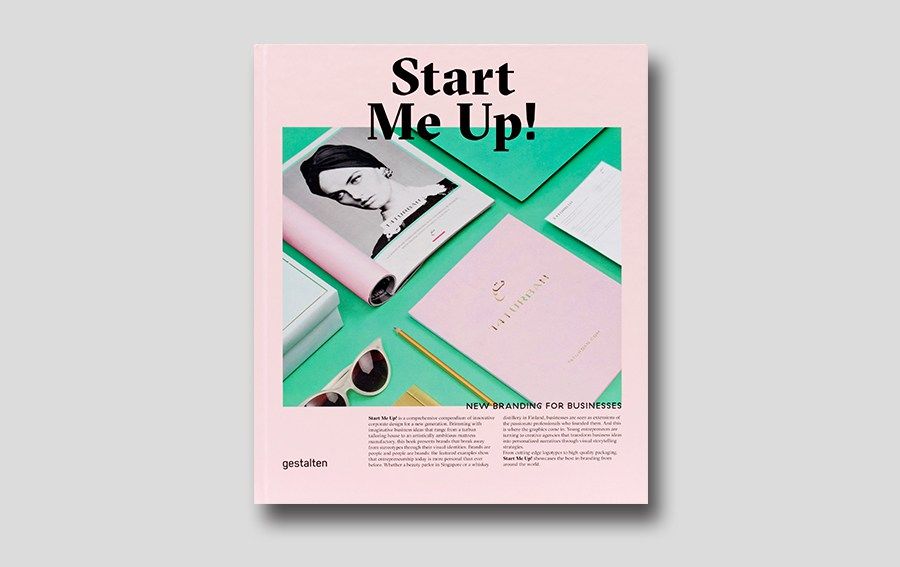
Corporate branding works as an extension of a business by visually expressing its concept. Start Me Up! presents a wide range of original examples for inspiration and is a comprehensive compendium of innovative corporate design.
27. DESIGN(H)ERS
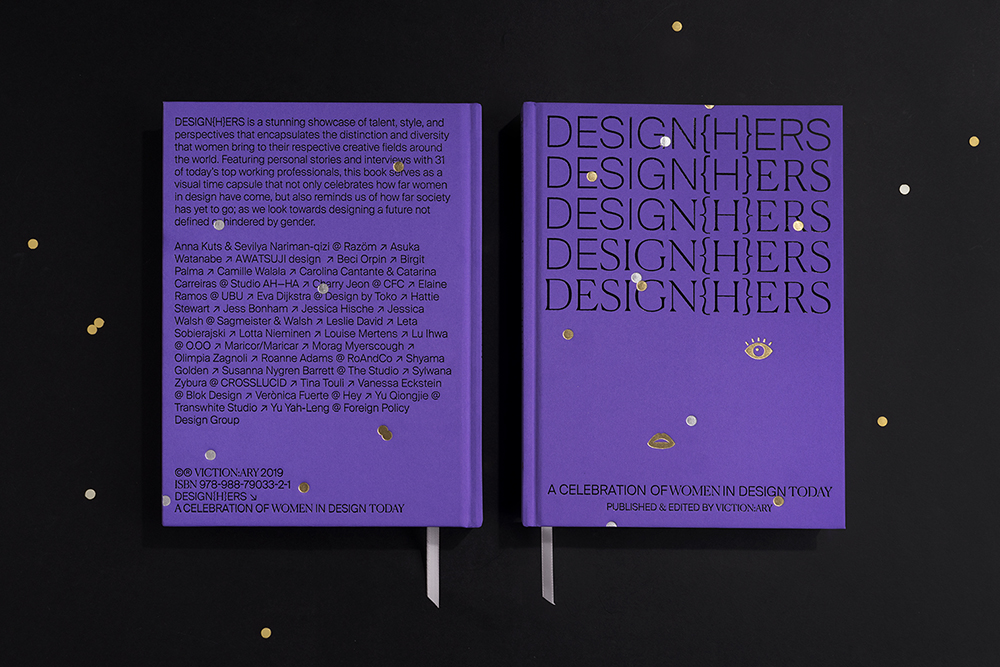
This essential graphic design book features the work of 30 talented women, including Jessica Walsh, Verònica Fuerte, Yah-Leng Yu and Hattie Stewart. It features insightful interviews that bring to light the thoughts and stories behind their careers.
28. Articulating Design Decisions
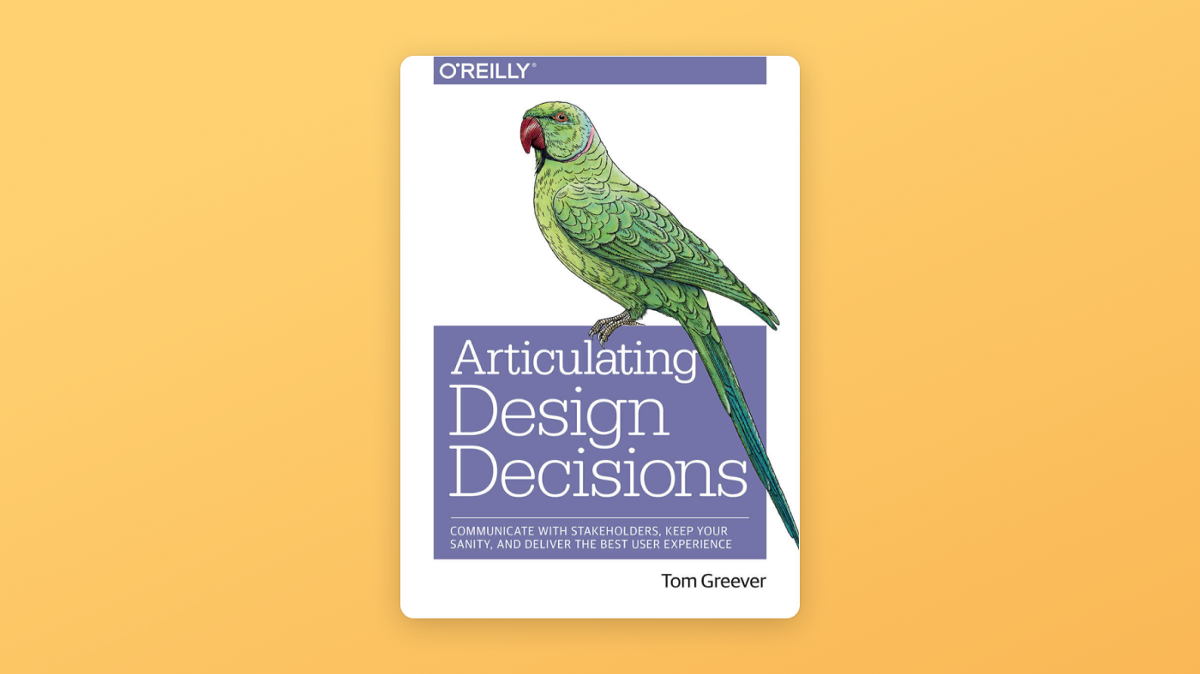
Tom Greever’s book is a practical guide of how to communicate your work to clients and other non-designers, including principles, tactics and actionable methods. It also teaches you how to teach your clients how to work with designers.
29. Women in Graphic Design 1890-2012
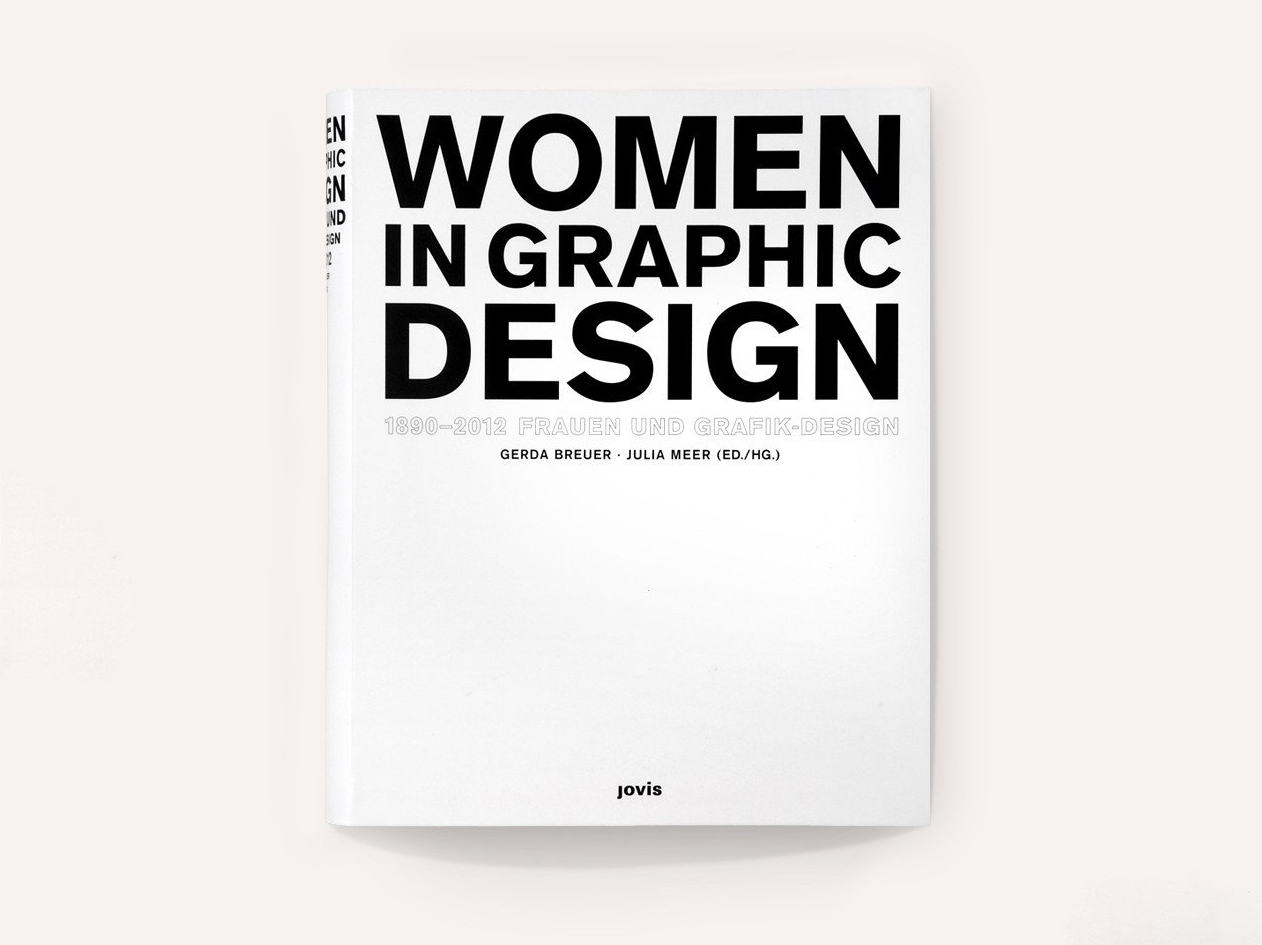
This top graphic design book features numerous contributions from design historians, programmatic texts and a comprehensive collection of biographies, alongside interviews with internationally recognised female designers.
30. Moholy-Nagy and the New Typography: A-Z
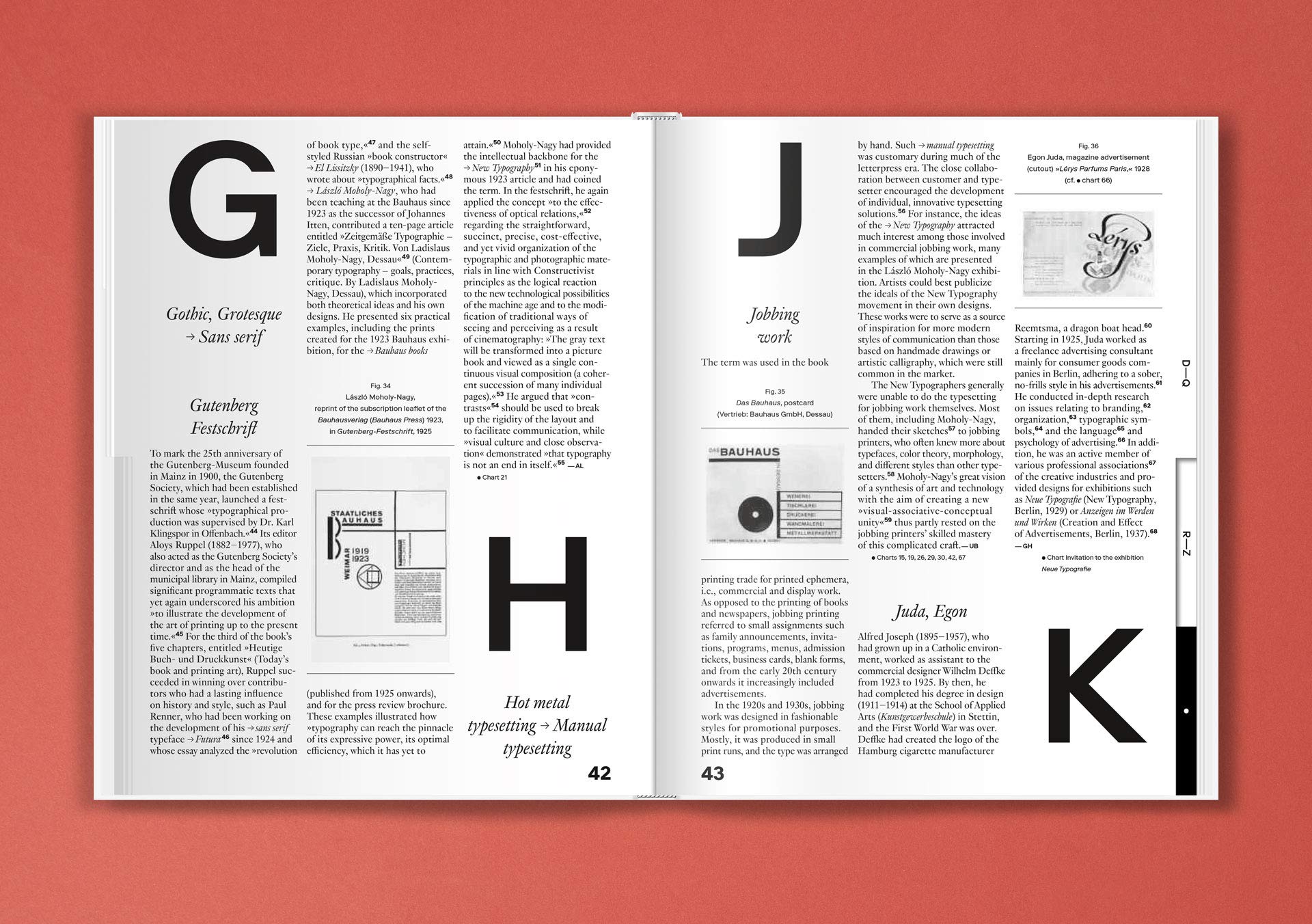
Bauhaus professor László Moholy-Nagy has been largely forgotten in the world of typography. Featuring previously unpublished materials, this book explains how Moholy-Nagy and his contemporaries smuggled their avant-garde sensibilities into commercial advertising.
31. The Graphic Design Reference & Specification Book
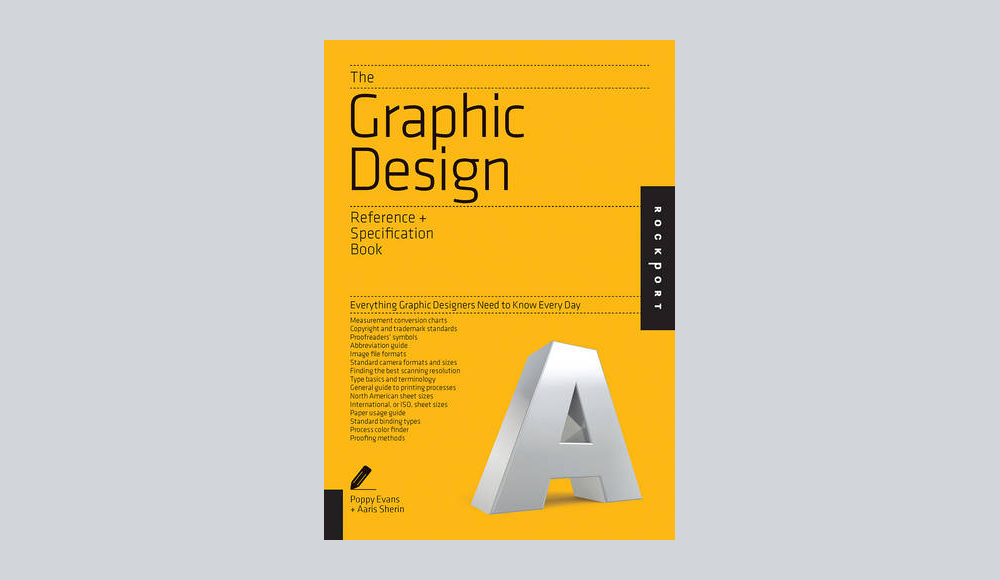
This important graphic design book presents practical knowledge that designers need to know when they’re working—how much space to leave in the gutter when designing barrel folds, what proofreaders’ symbols mean and so much more.
32. Logotype
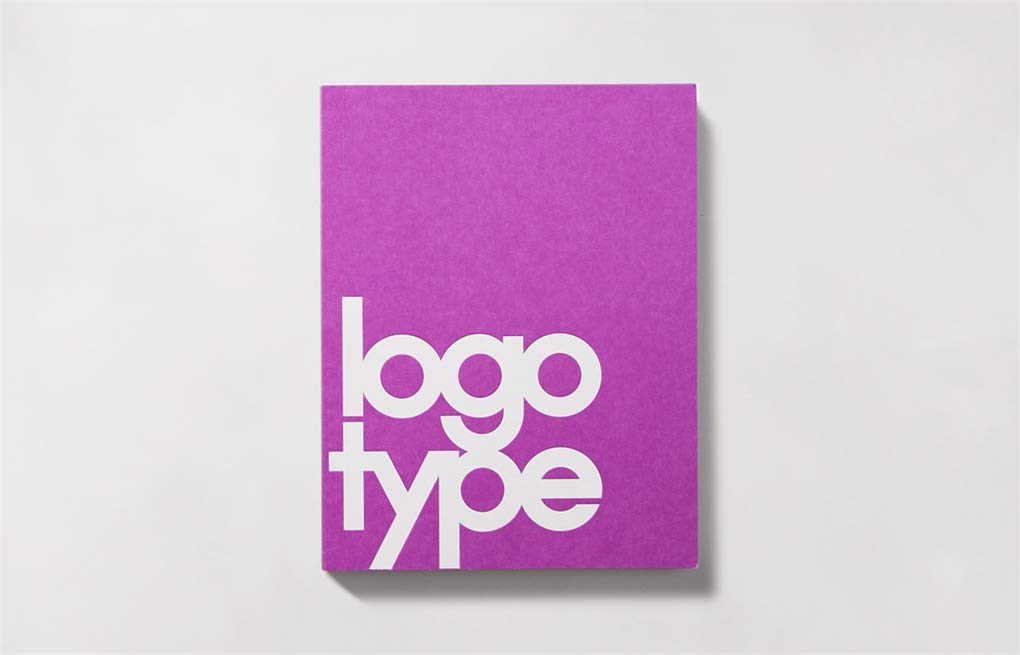
Logotype is the definitive modern collection of logotypes, monograms and other text-based corporate marks. Featuring more than 1,300 international typographic identities, this book provides a valuable resource to draw on.
33. Mid-Century Modern Graphic Design
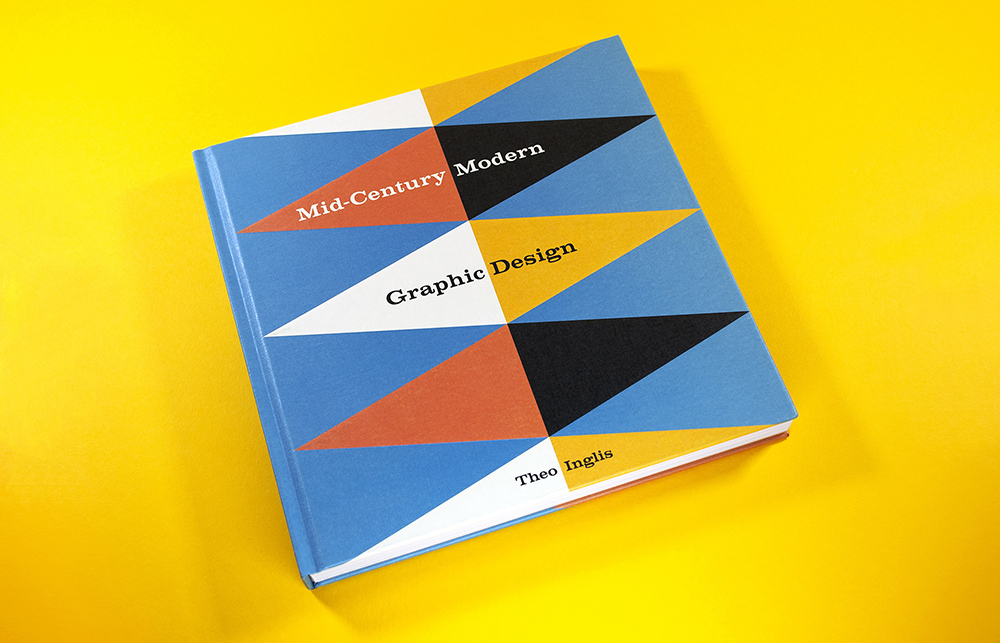
Theo Inglis’ book covers designs from around the world which showcase the experimentation and energy of the mid-century period. Inglis covers everything from the film posters of Saul Bass to Miroslav Šašek’s children’s books.
34. The Visual History of Type
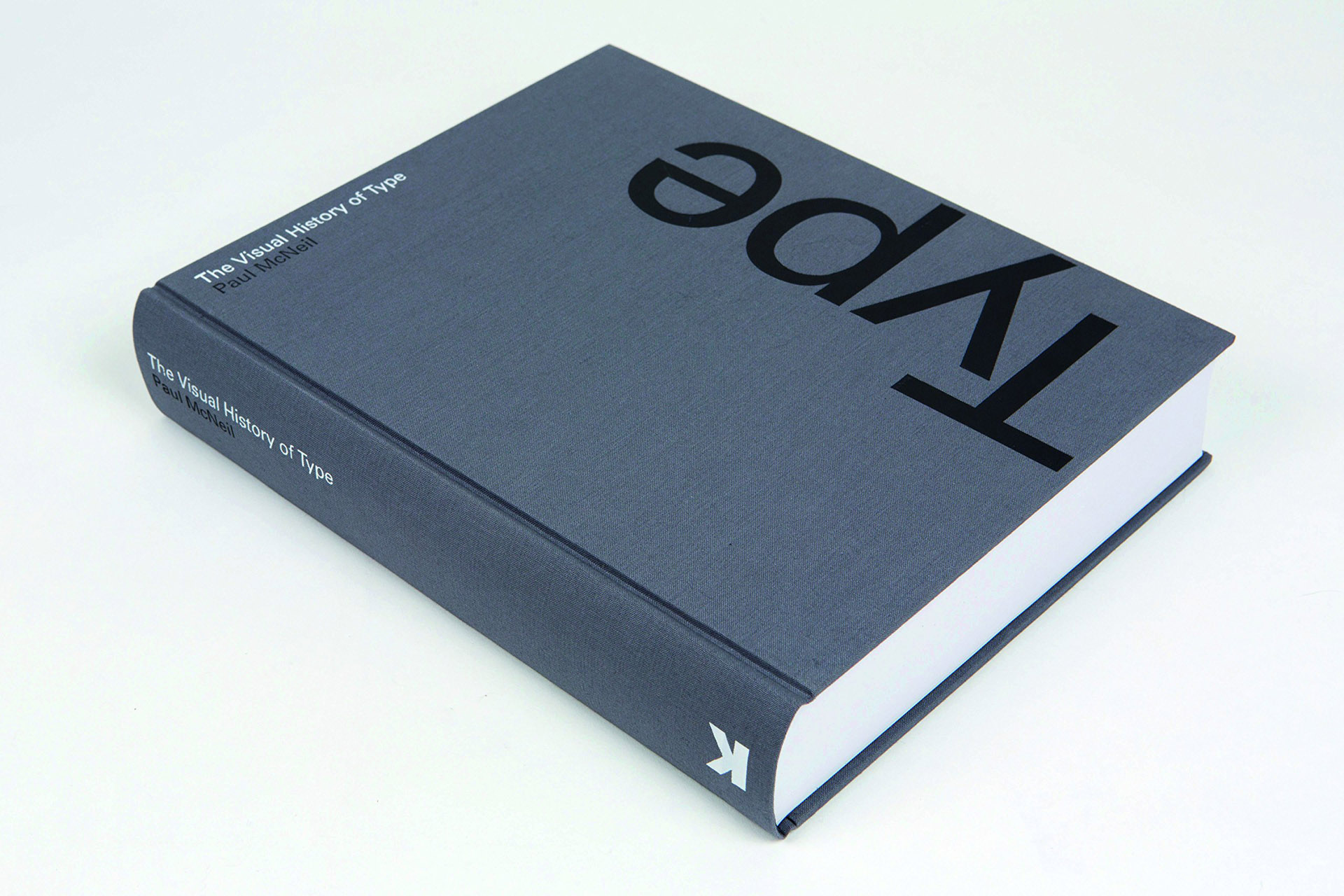
This book contains a comprehensive survey of the major typefaces since the advent of printing. Arranged chronologically, more than 320 typefaces are displayed in their original form, supported by a brief history and their key characteristics.
35. Designing Brand Identity
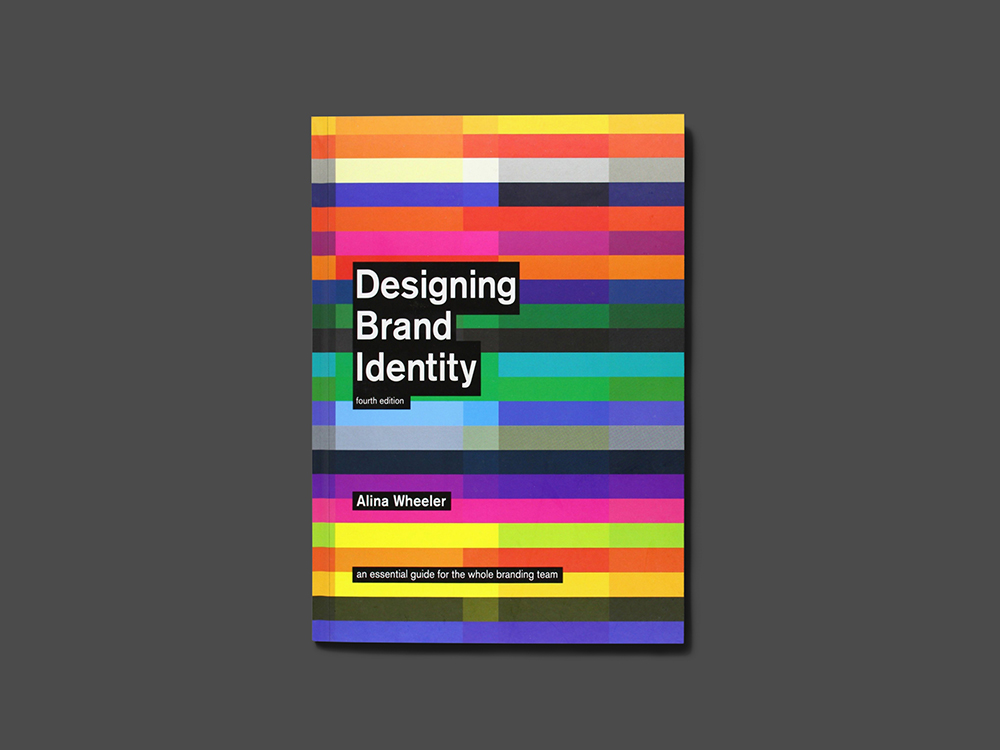
This best-selling graphic design book outlines a universal five-stage process for brand development and implementation. From research and analysis through launch and governance, it provides in-depth guidance on all aspects of the process.
36. Identity: Chermayeff & Geismar & Haviv

Identity: Chermayeff & Geismar & Haviv showcases a body of work spanning 60 years from the seminal design firm founded in 1957. It explores the firm has shaped the way corporate identity programs influence culture.
37. Indie Type
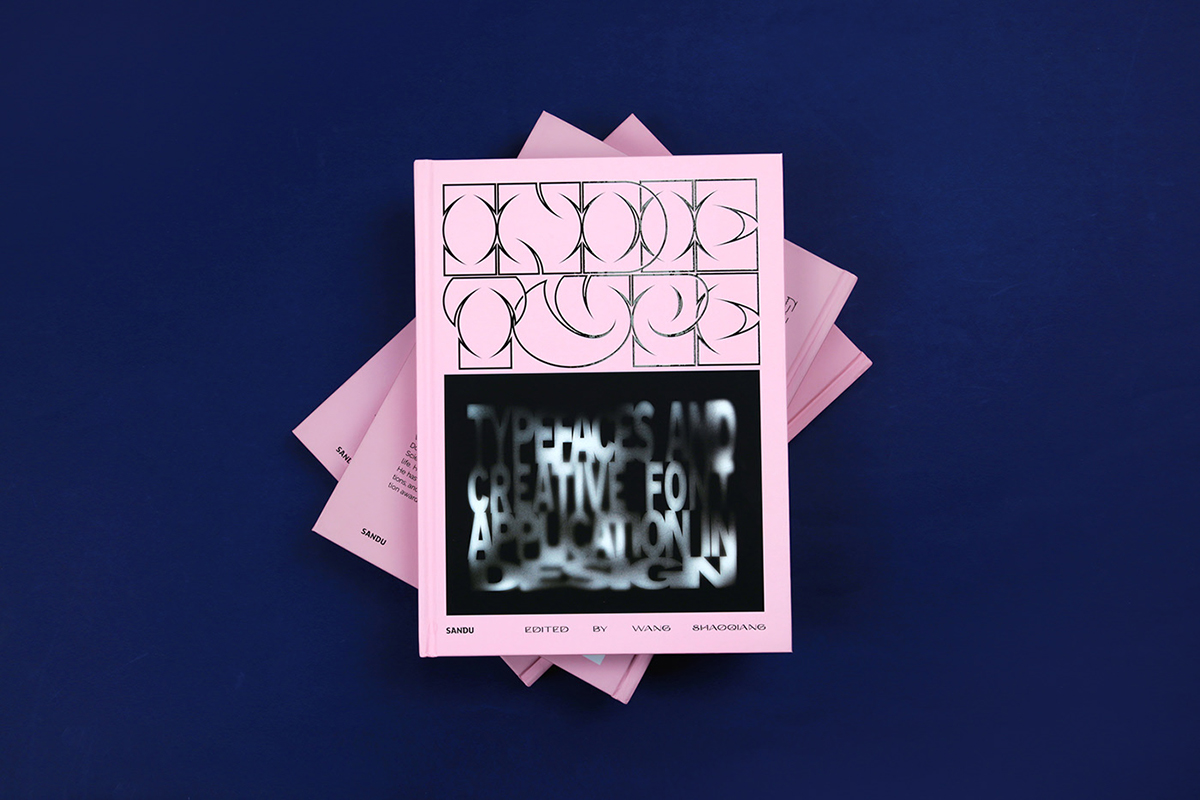
Indie Type is an exploration of innovative and adaptable typefaces that have been used in a scope of different languages. This graphic design book also features interviews with 5 typeface designers who delve into the processes behind designing a typeface.
38. A Dictionary of Color Combinations
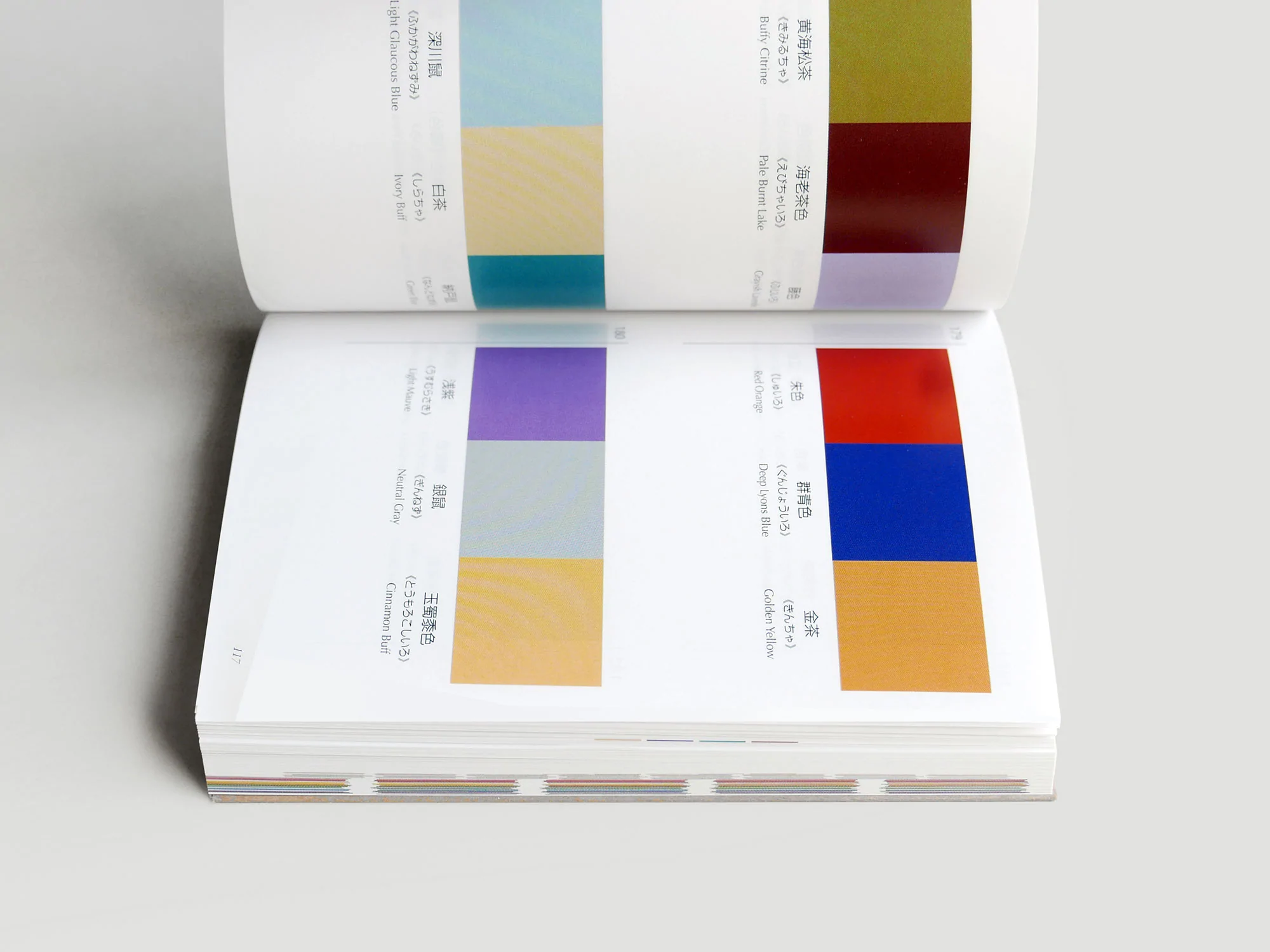
A Dictionary of Color Combinations was originally published in the 1930s by Sanzo Wada, a Japanese artist, teacher, costume and kimono designer. Wada’s work blended traditional and Western colour combinations, laying the way for contemporary colour research.
39. Know Your Onions

The focus of this book is on practical tips and pointers to help you be a better designer. The next best thing to having a graphic design mentor, it will guide you through the processes of generating ideas, developing concepts and putting them into practice.
40. The User Experience Team of One
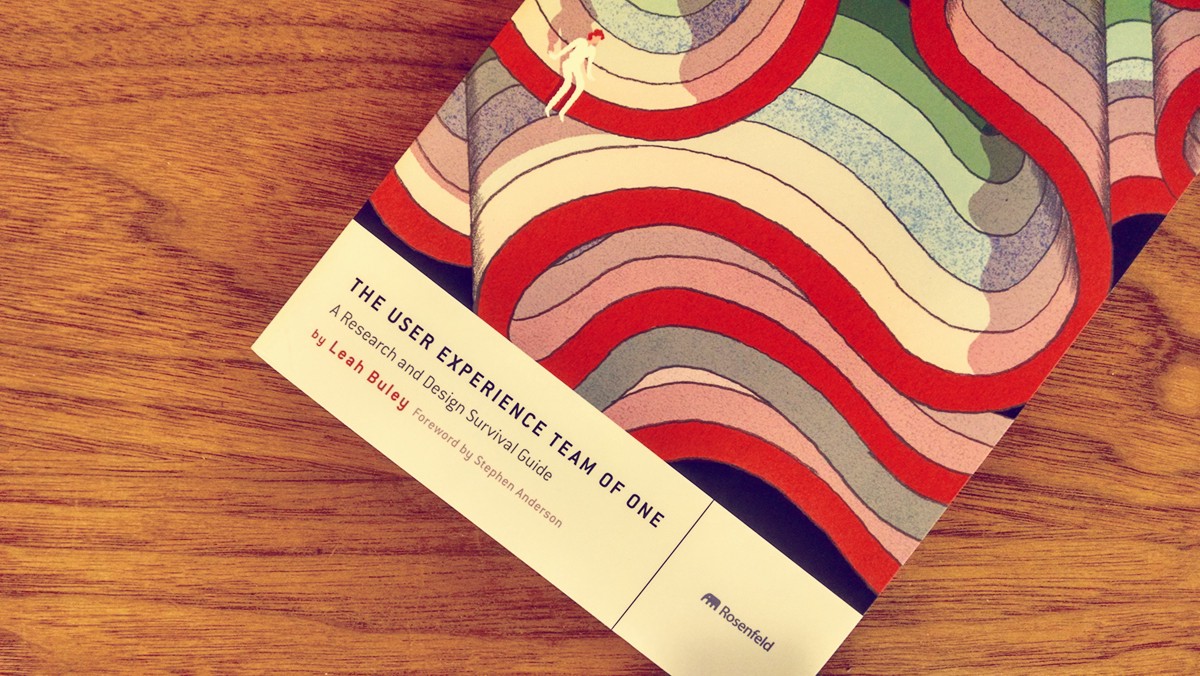
Written by Leah Buley, a veteran of the experience design industry, this book is a survival guide for anyone working in UX. Buley’s guide reveals and demonstrates some techniques for creating big impact with less time and fewer resources.
41. 100 Years of Swiss Graphic Design
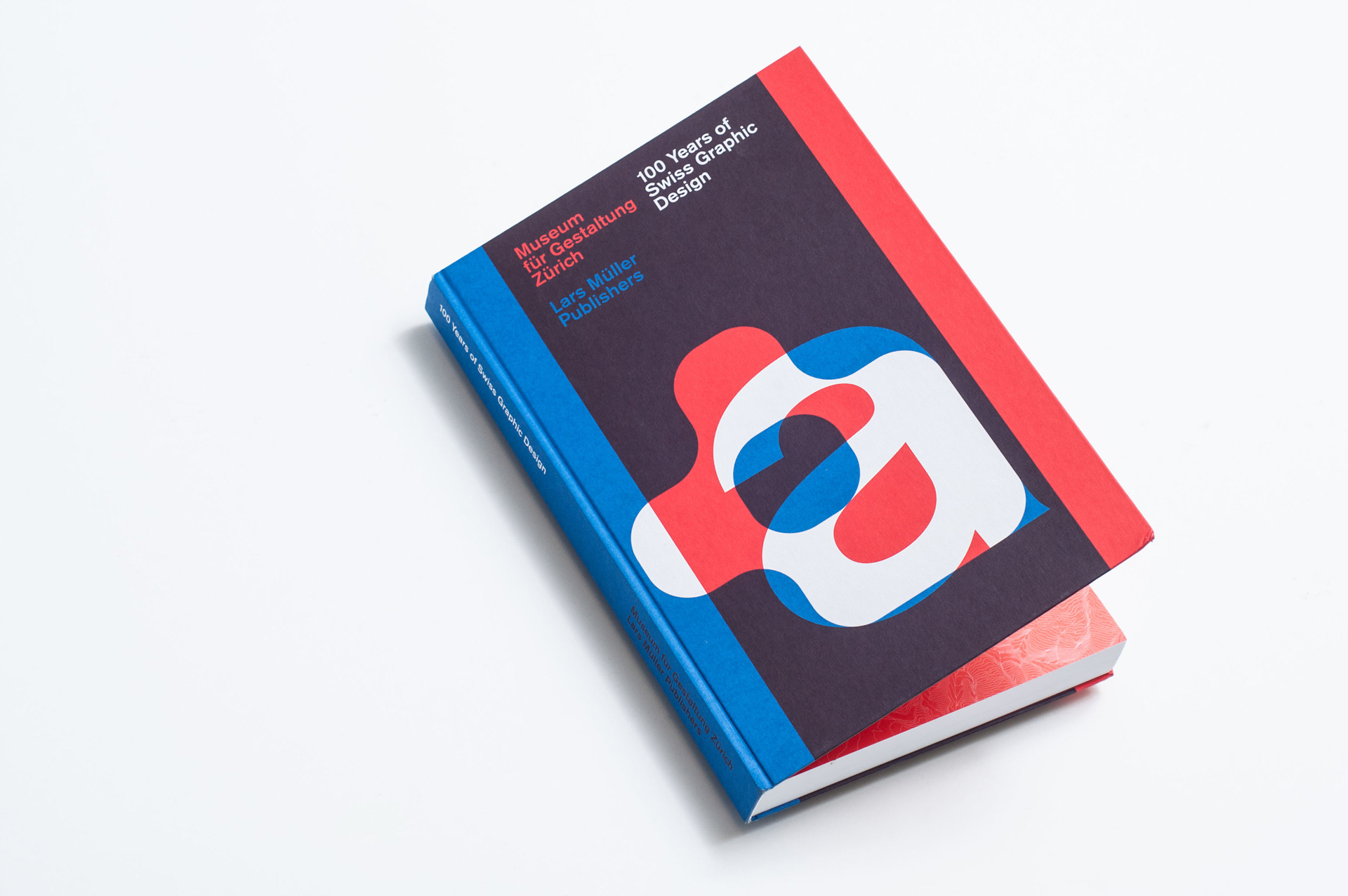
Taking a fresh look at the Swiss Style of design over the past century, this book features a series of enlightening essays by experts in the field, each beautifully illustrated with stunning visuals.
42. The Anatomy of Colour
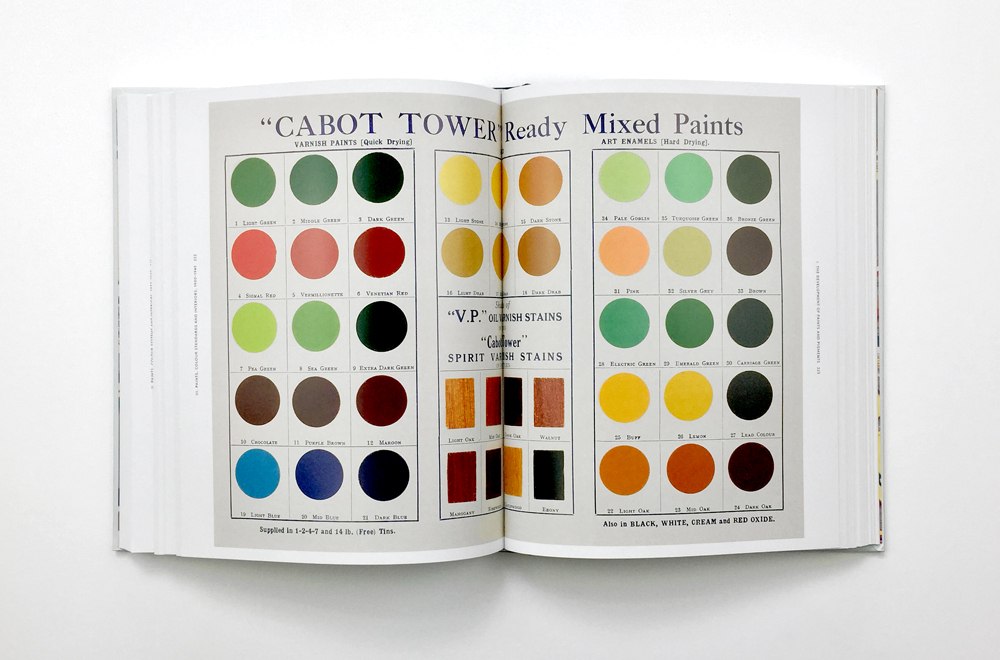
Drawing on a specialist archive, historian Patrick Baty traces the evolution of pigments and paint colours, together with colour systems and standards, and examines their impact on the colour palettes used in interiors from 1650 to 1960.
43. Copy This Book: An Artist’s Guide to Copyright
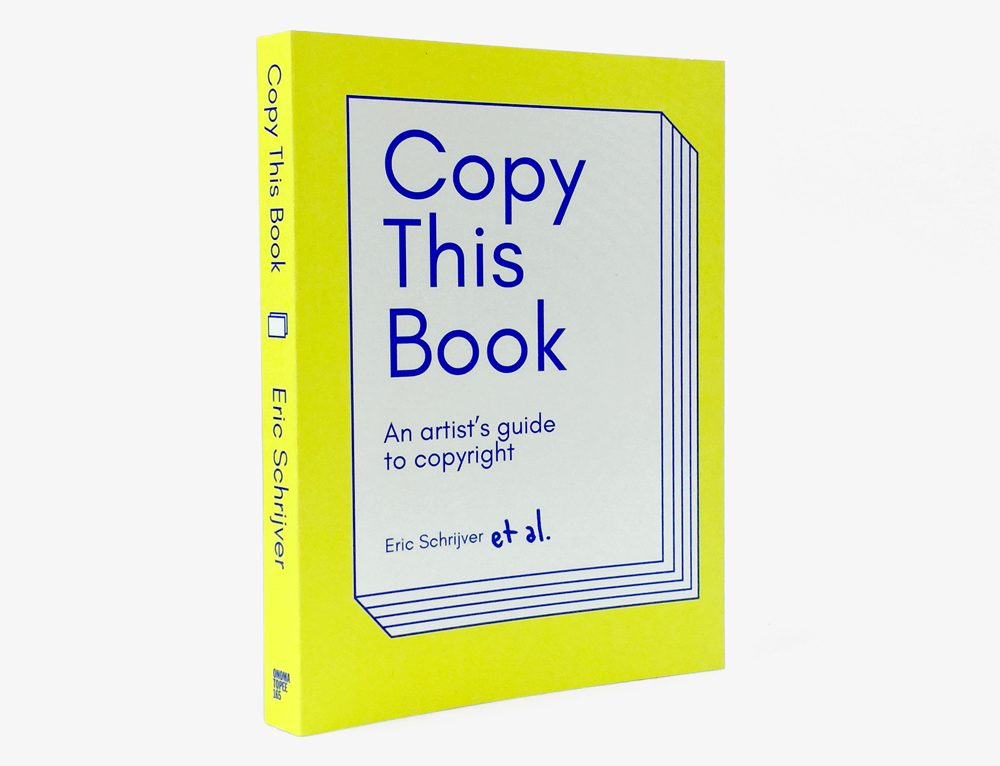
This book answers all your questions about copyright—making often complex concepts easy to understand and follow. Both practical and critical, it will guide you through the concepts underlying copyright and how they apply in your practice.
44. Graphic Fest
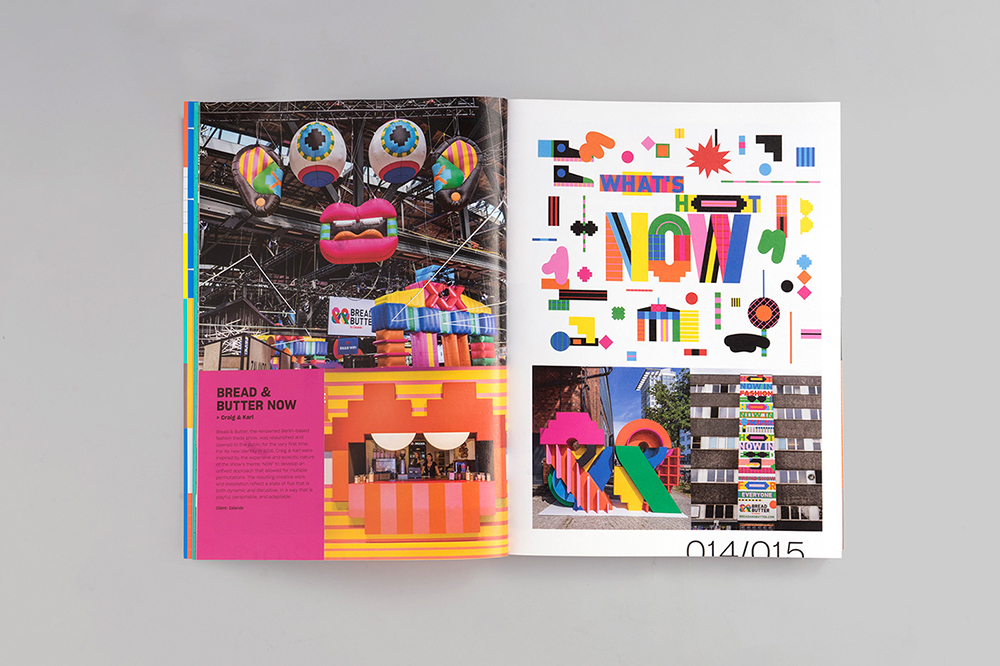
Graphic Fest takes a deep dive into the design of festival and fairs around the world. Itexplores how festivals, from the Afrique Culture Festival to Geneva’s La Bâtie festival, use branding, whether it be creating a fresh but recognisable annual theme or something that lasts forever.
45. Basic Designs 01 & 02
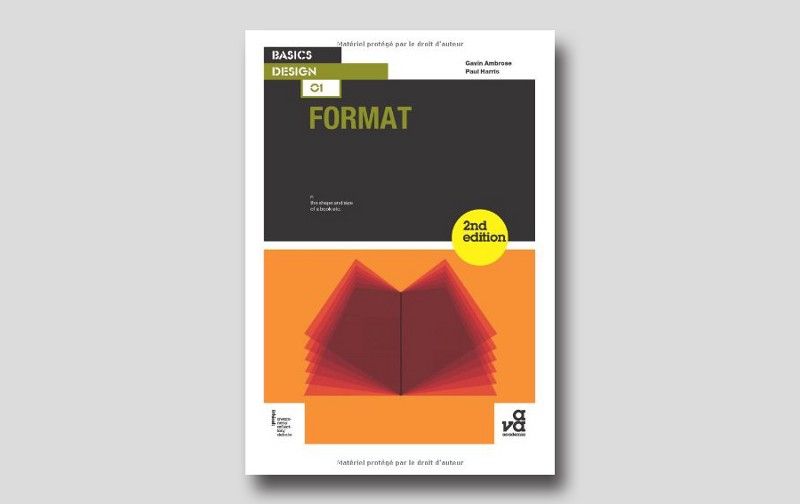
In these books, Ambrose and Harris aim to impart a comprehensive understanding of two of essential aspects of graphic design: typography and layout. Each book also examines how both typography and layout can and do inform other aspects of creative design.
Have these graphic design books got you feel inspired to design? With Shillington’s graphic design course you can become a graphic designer in just three months full-time or nine months part-time online or on campus in New York and London—no experience required.
Want to win some amazing prizes and stay in the loop with all things Shillington? Sign up to our newsletter to automatically go in the draw.

